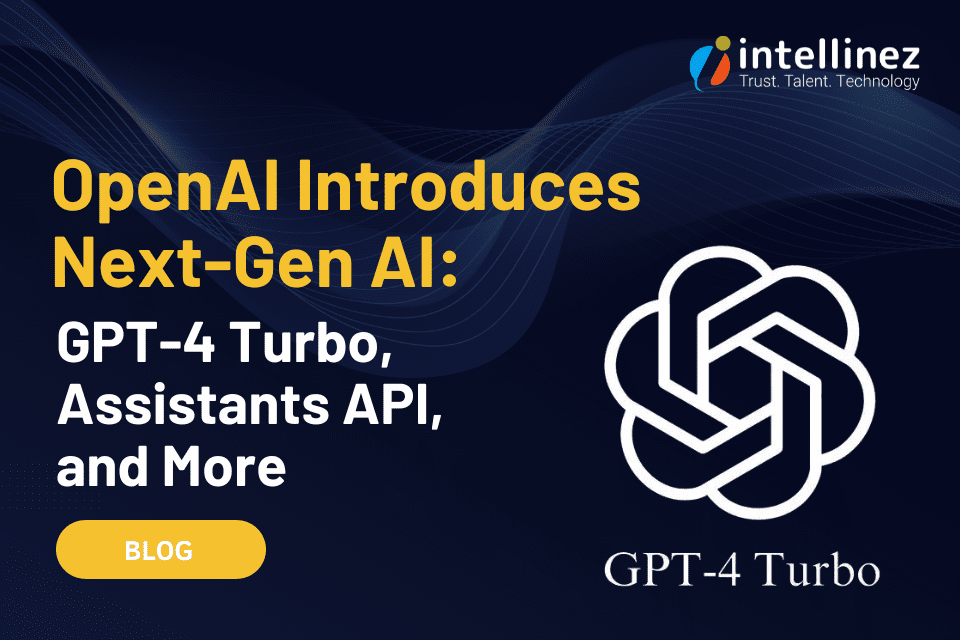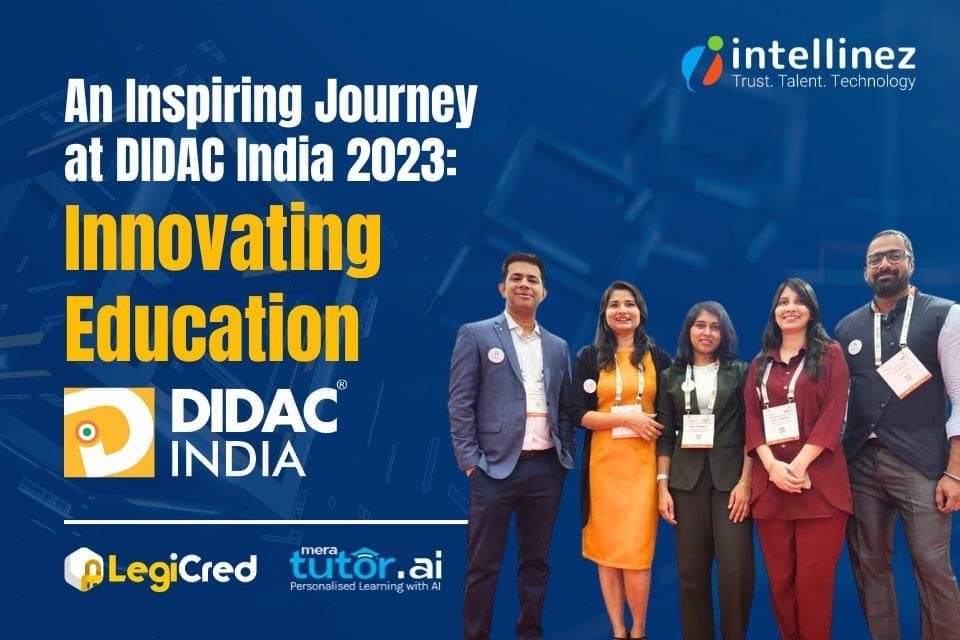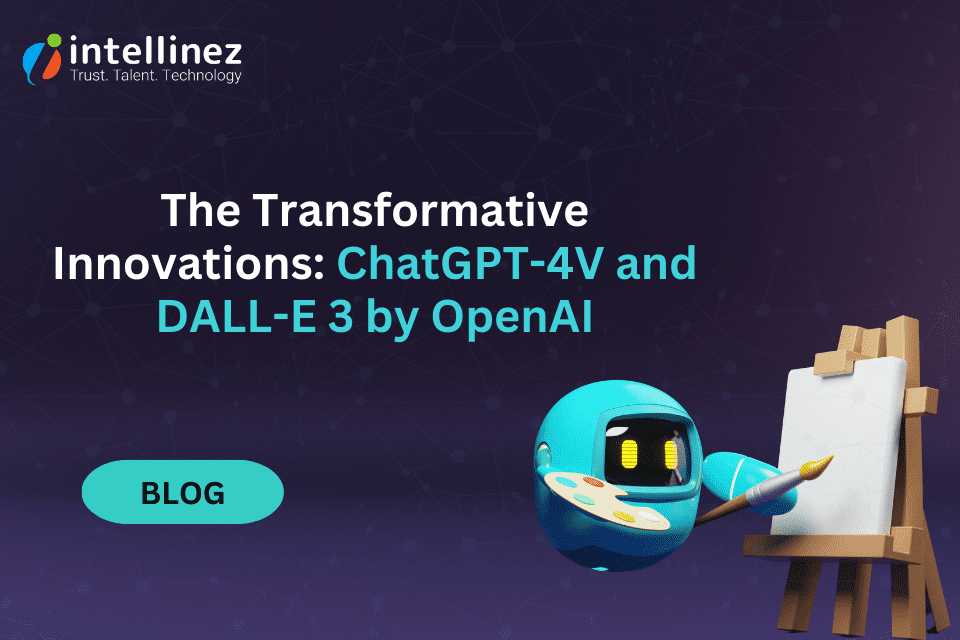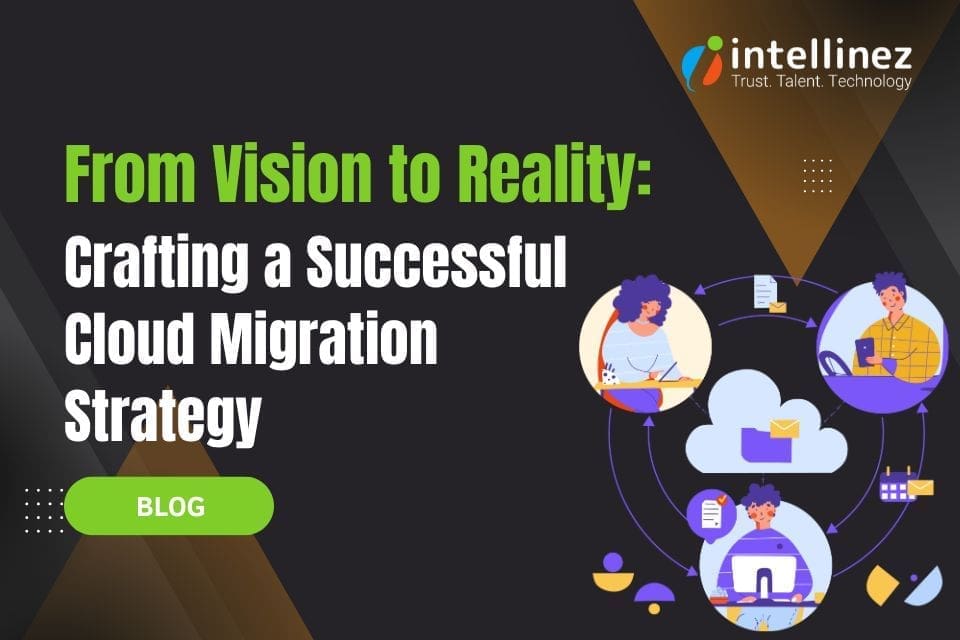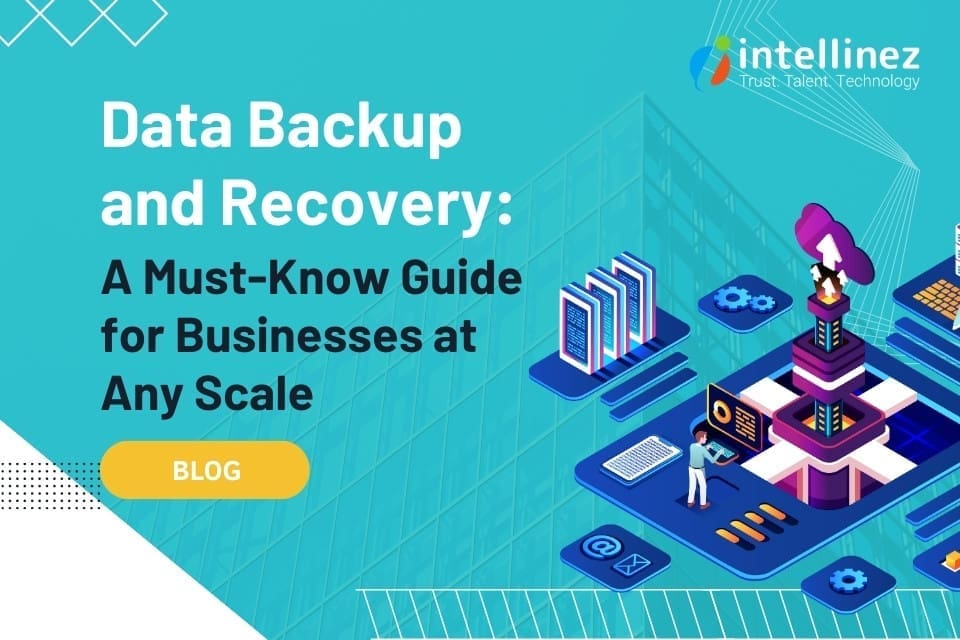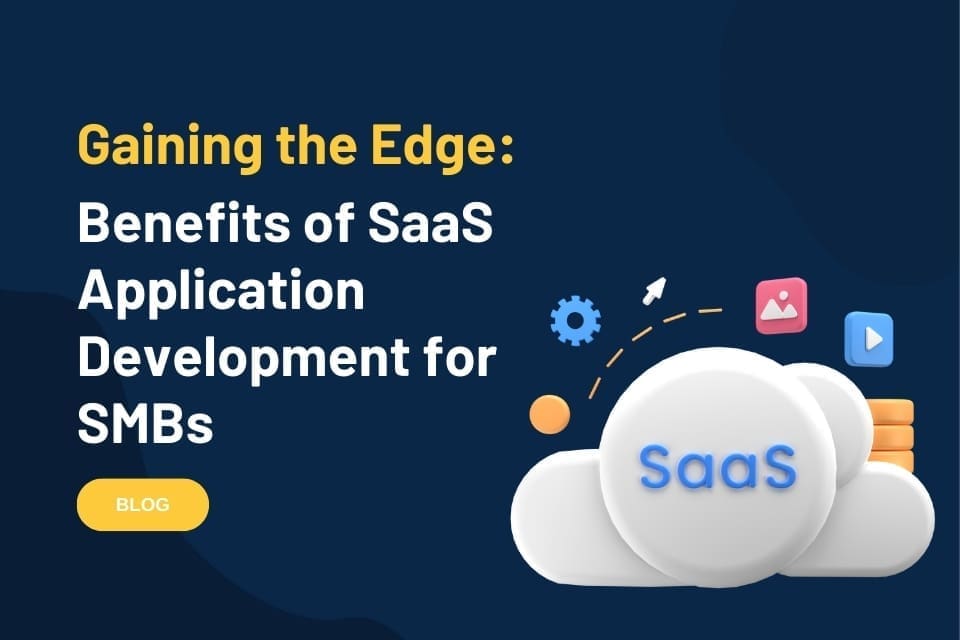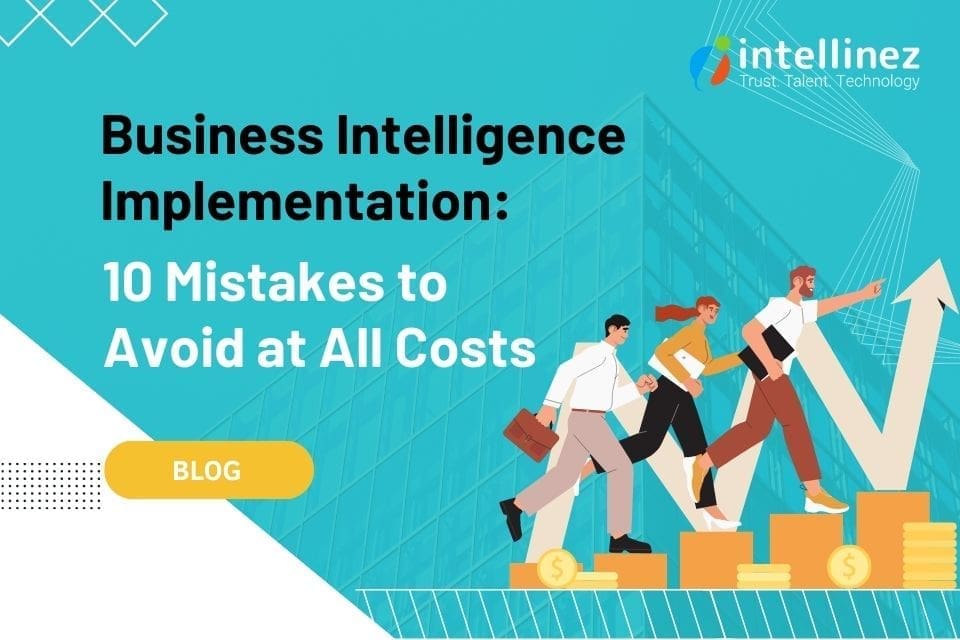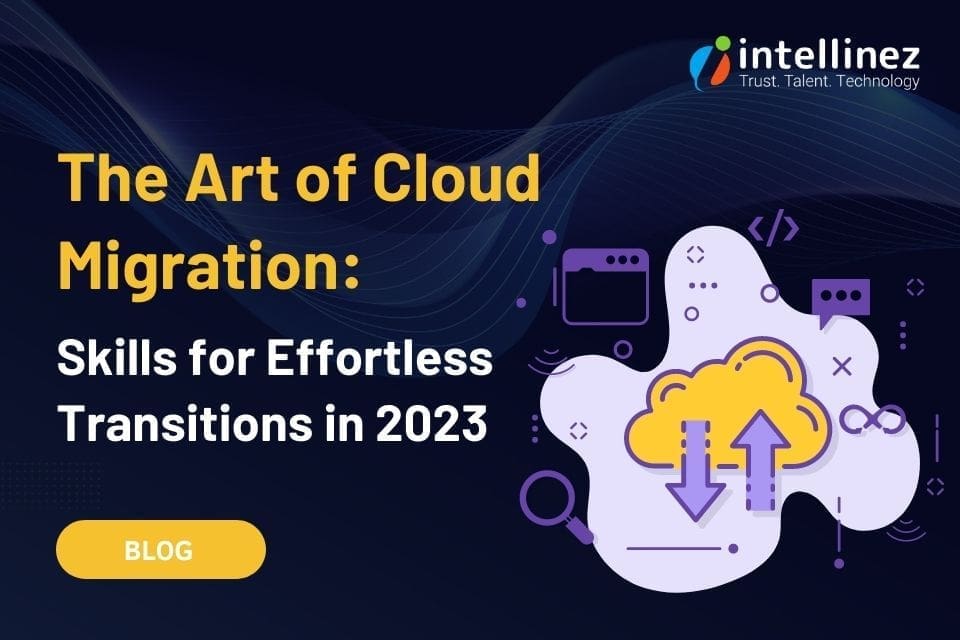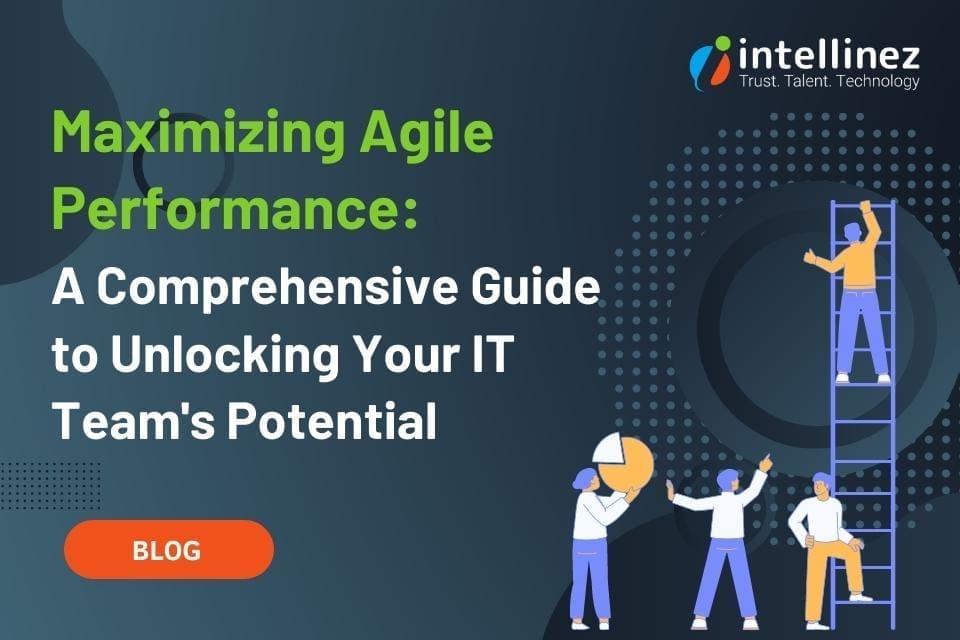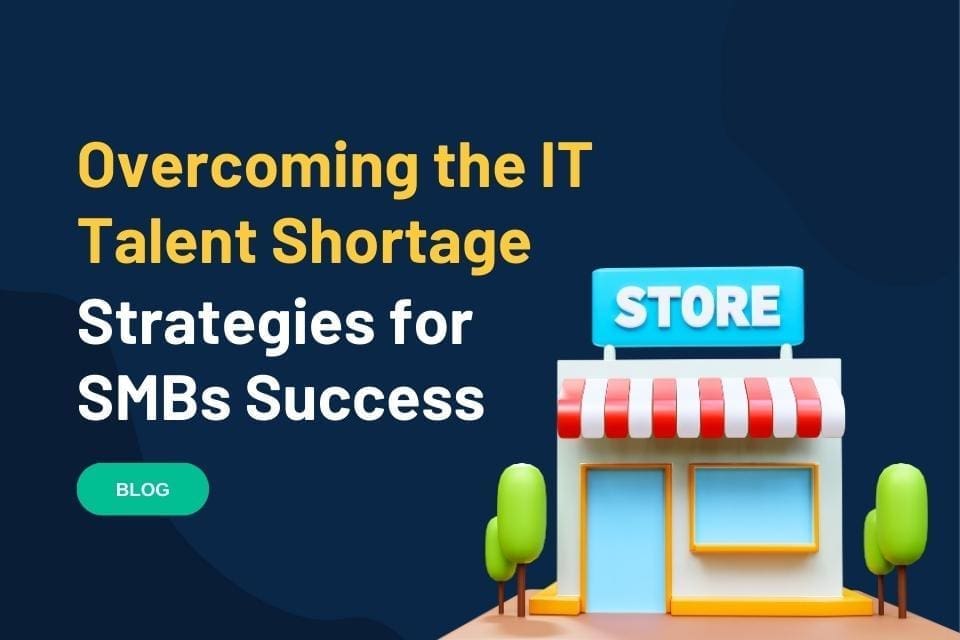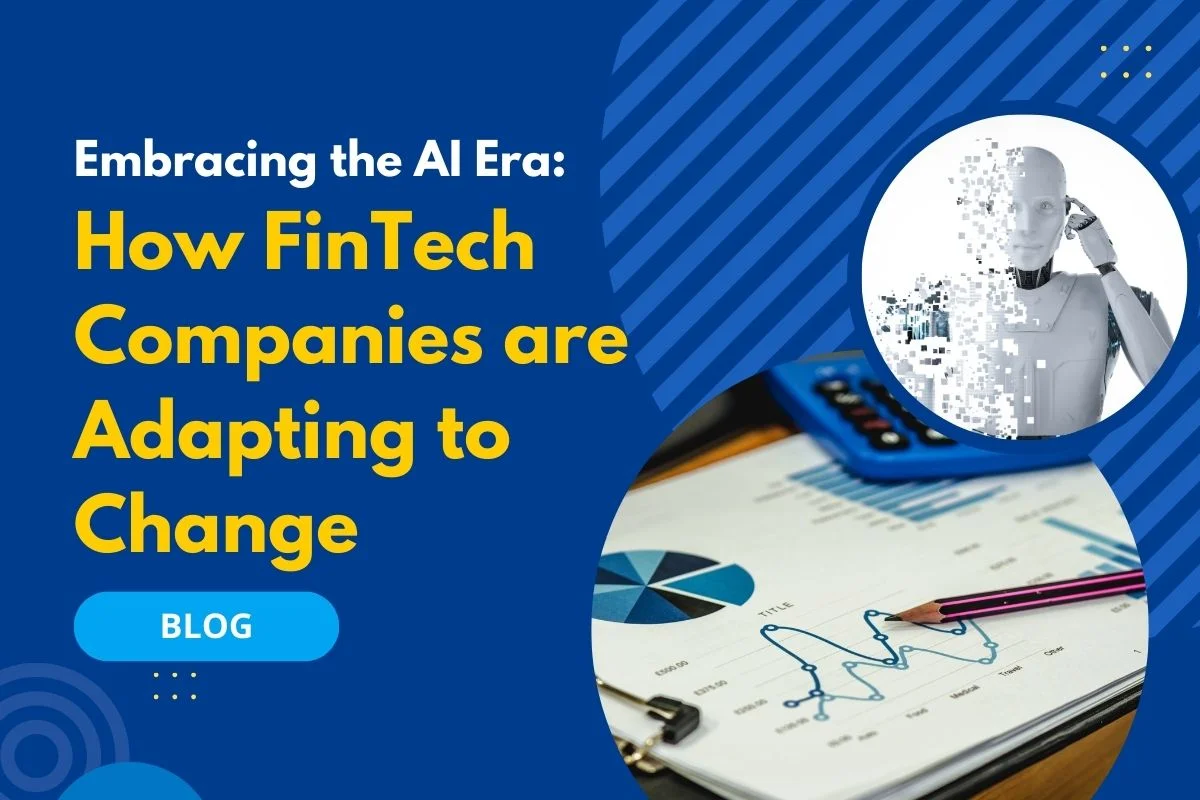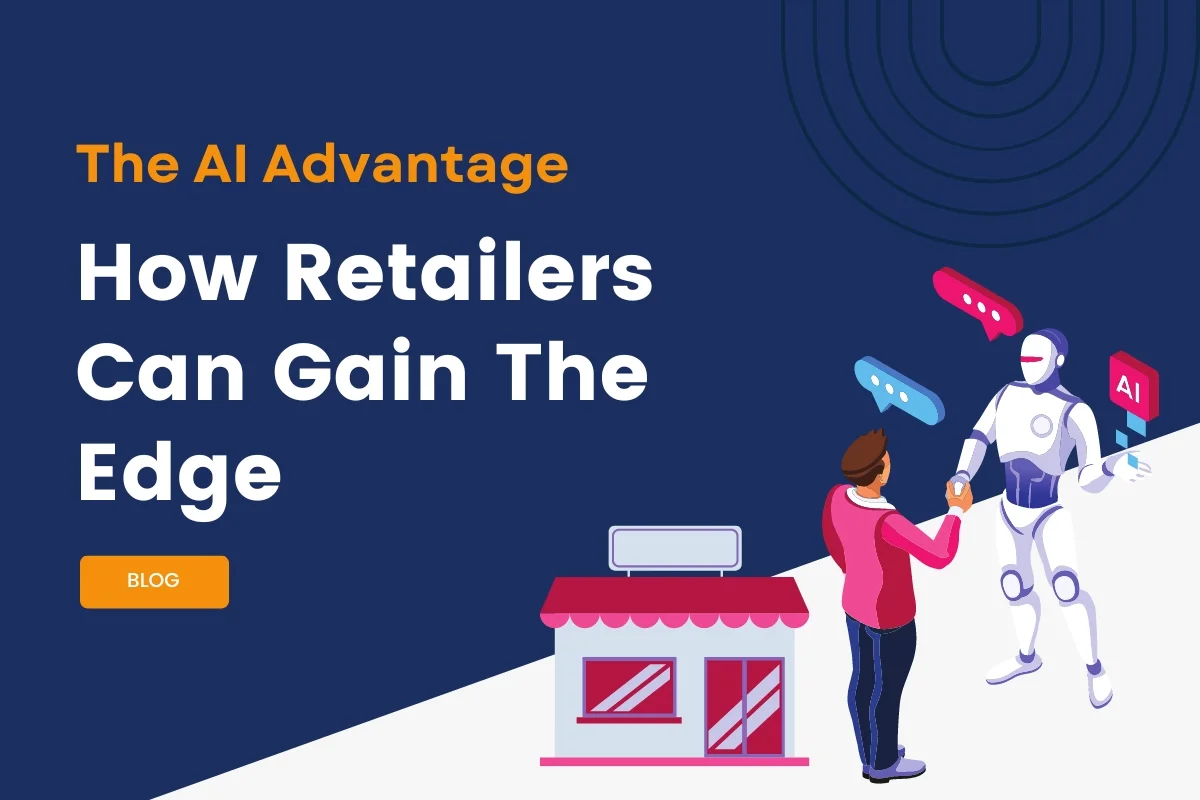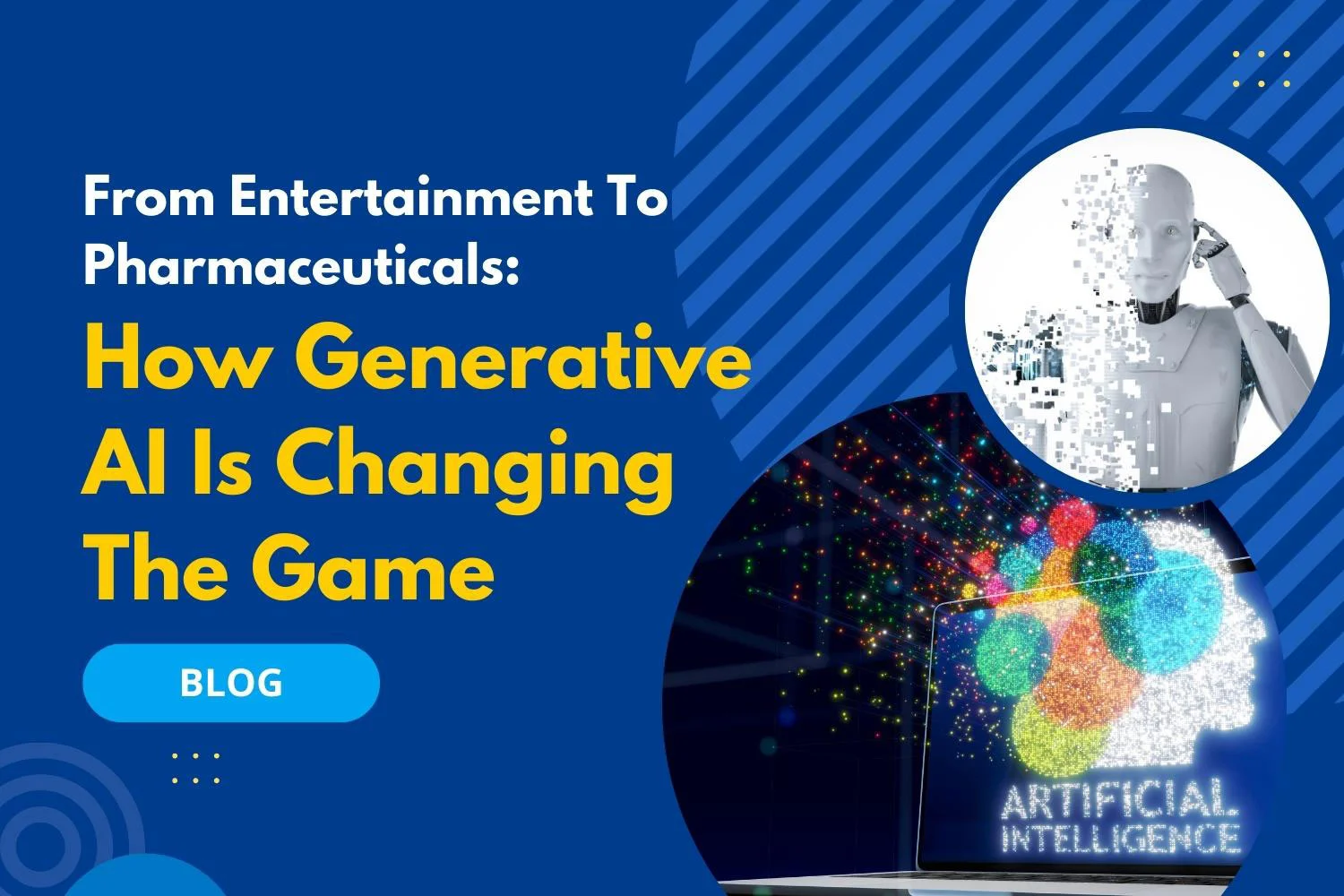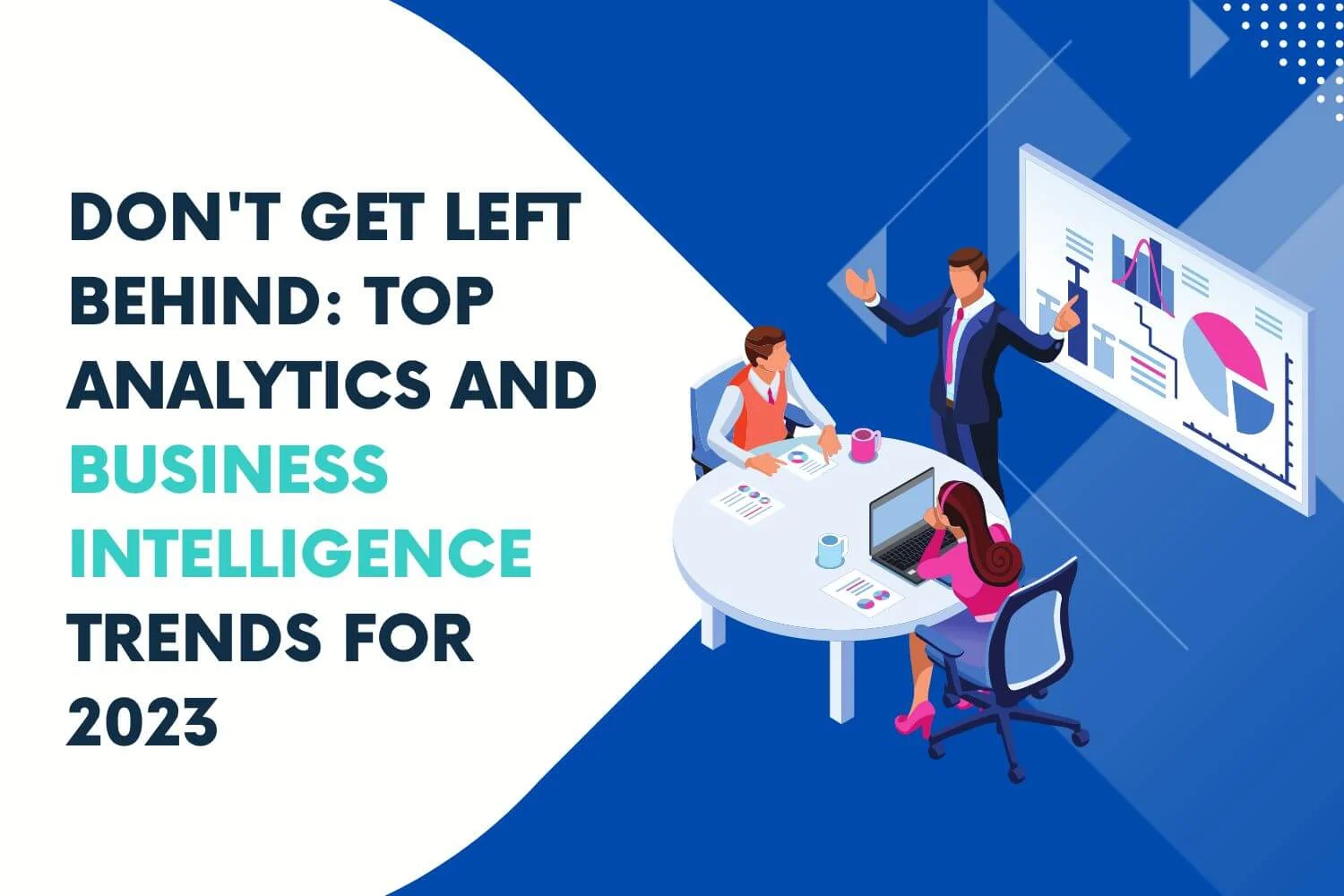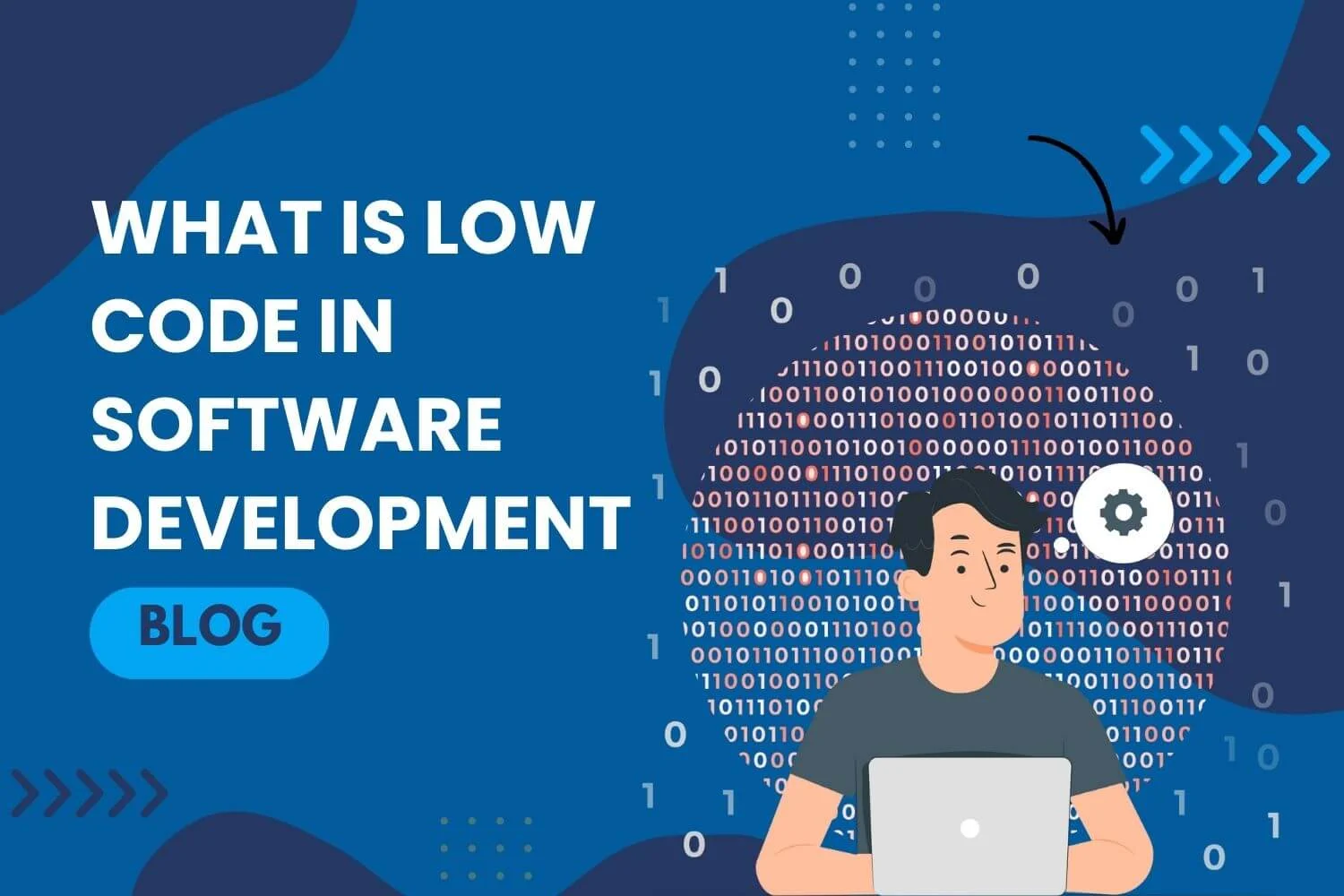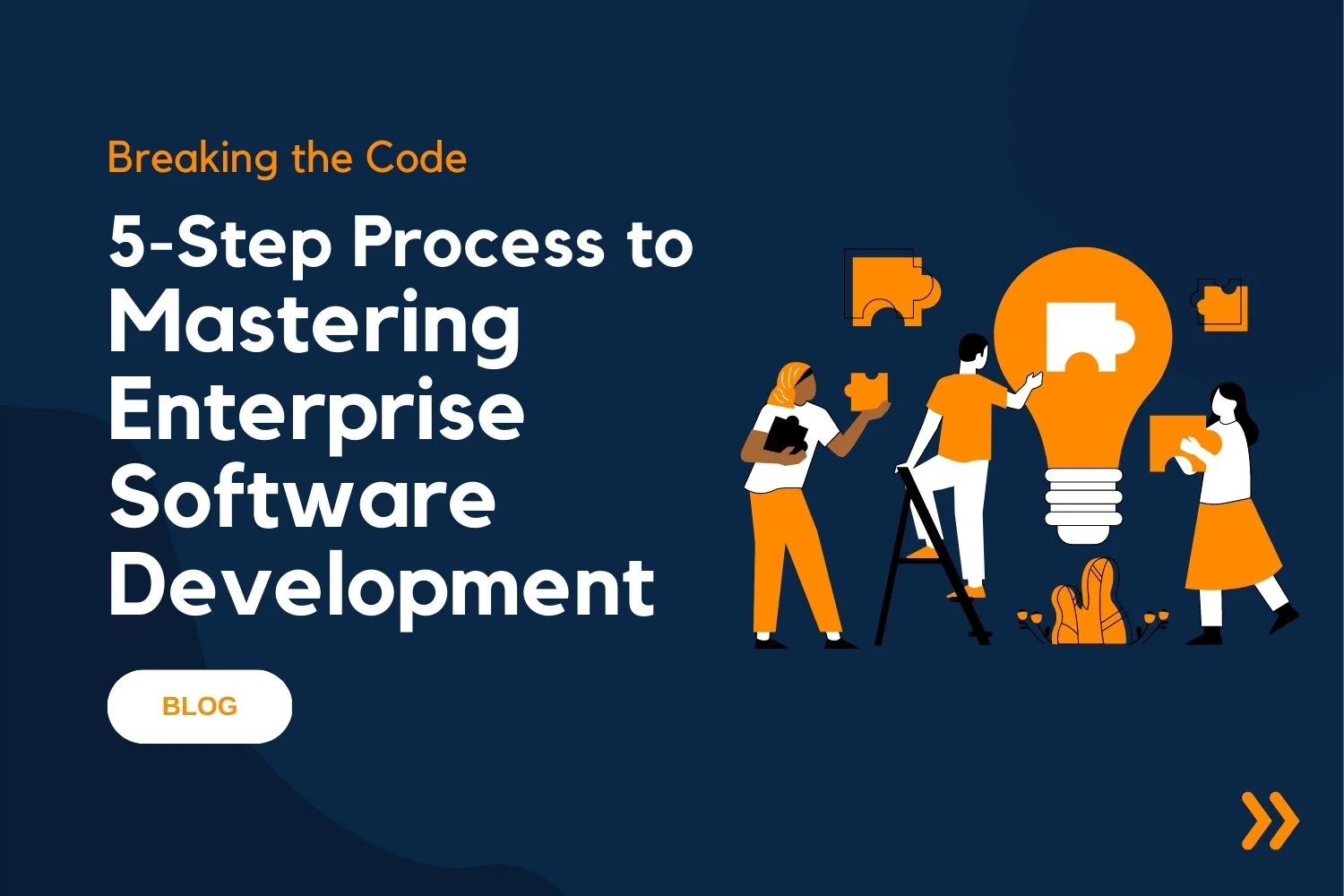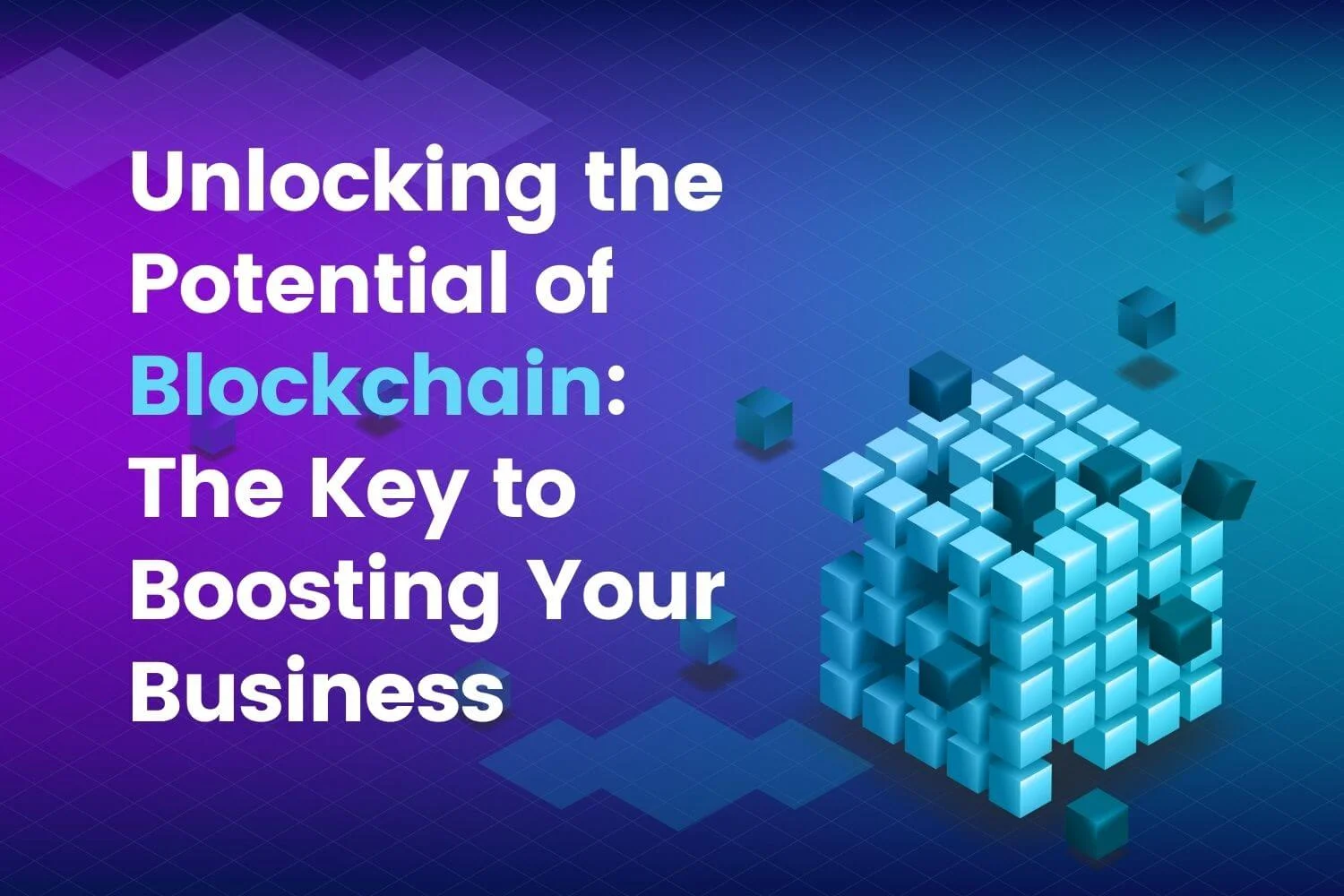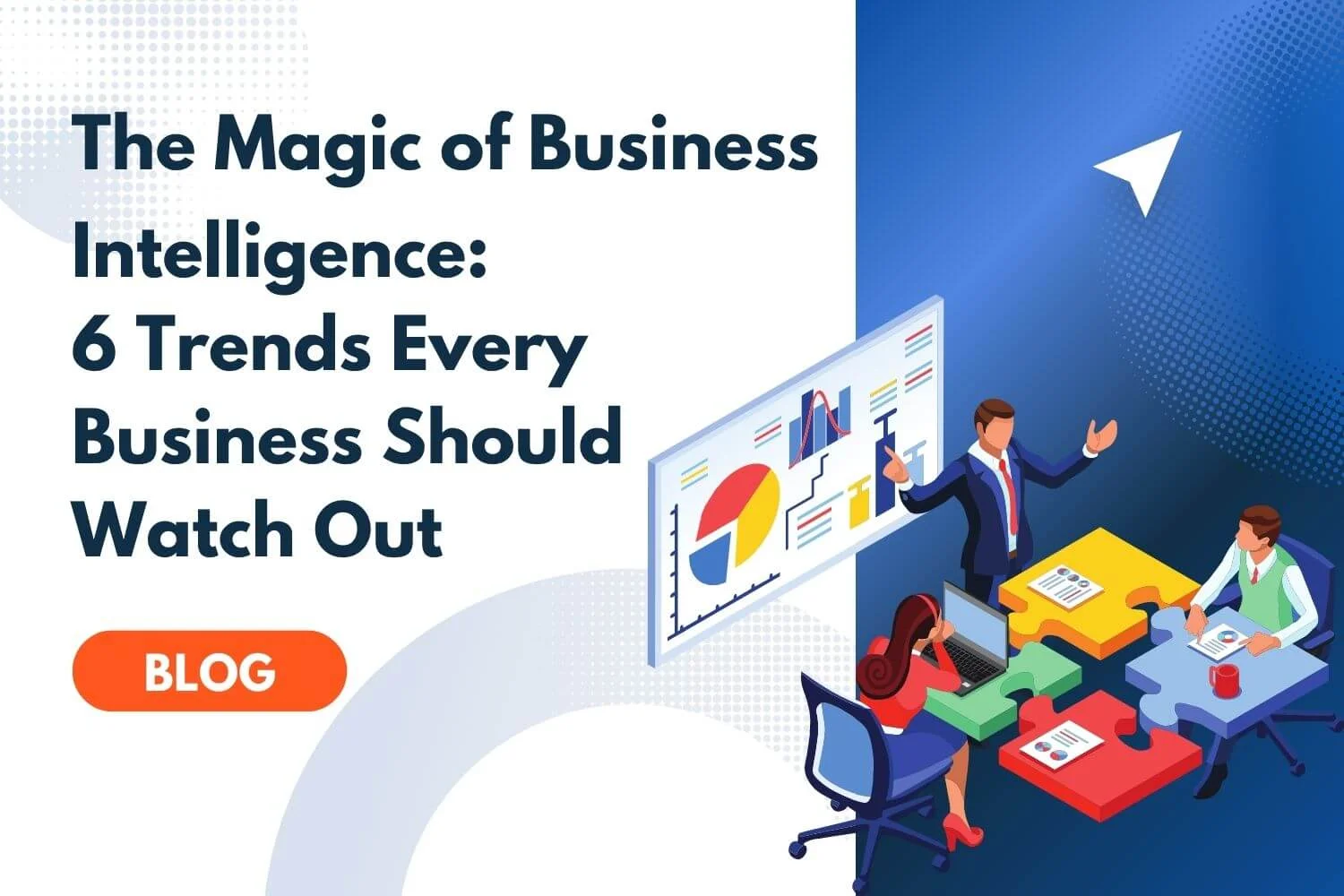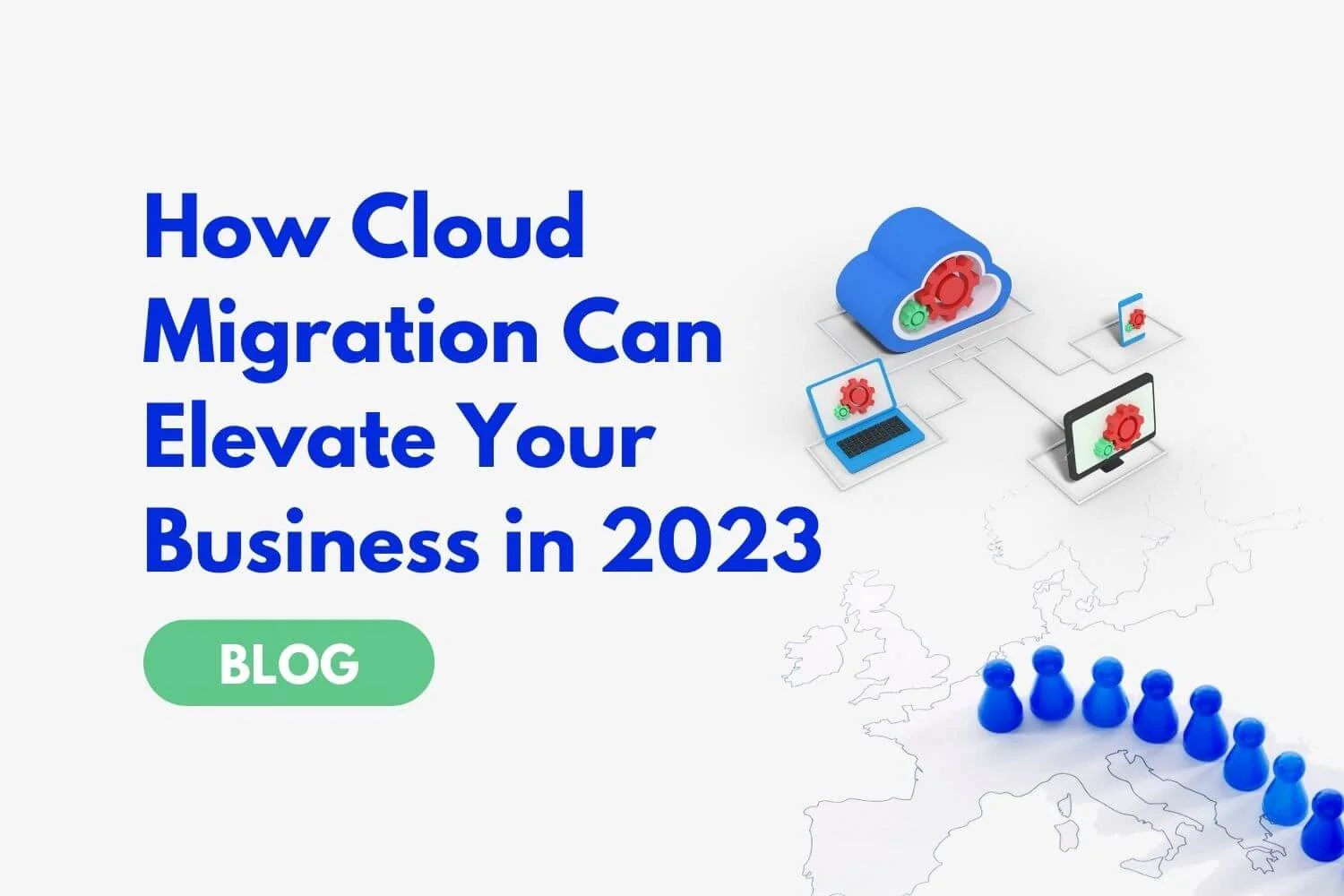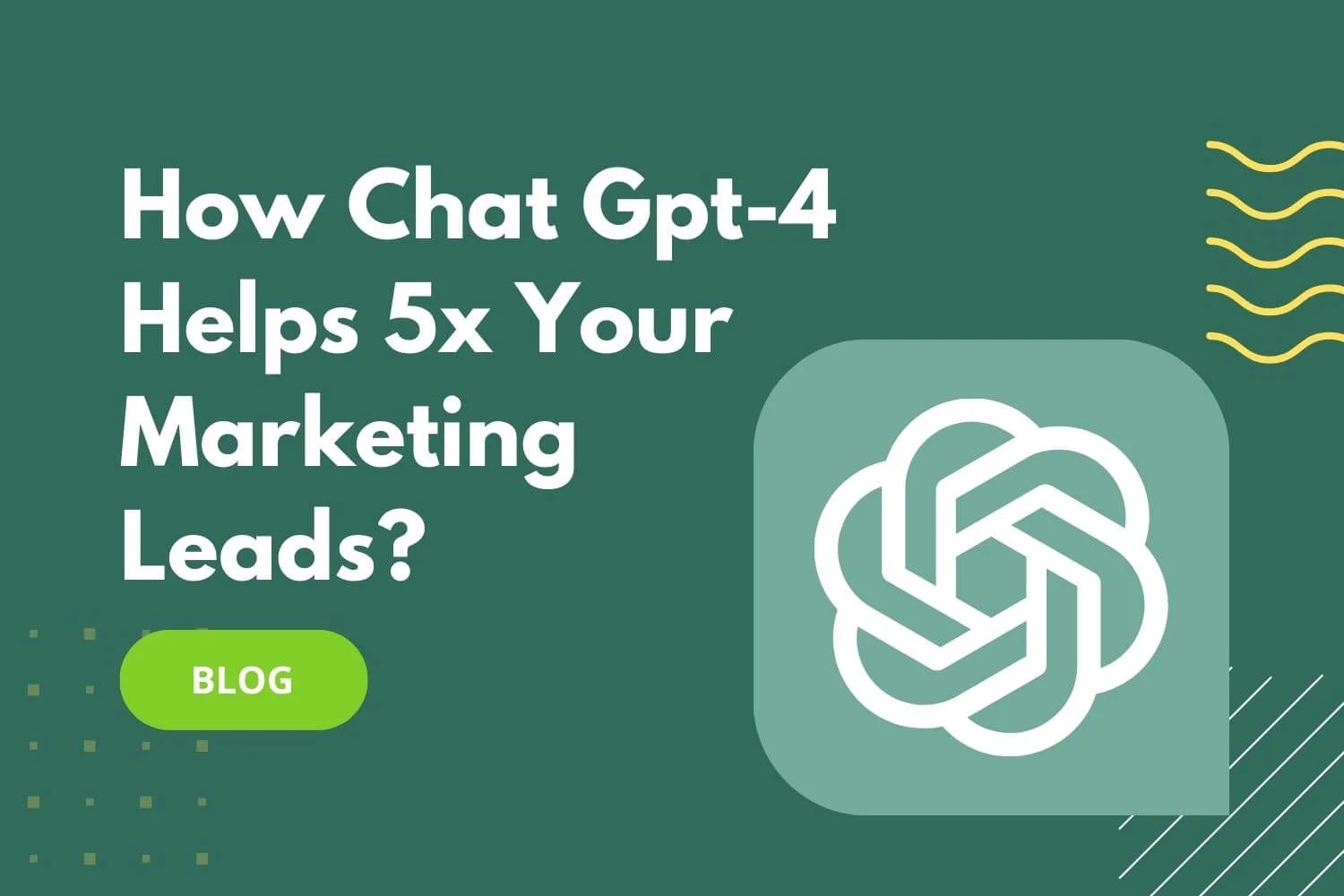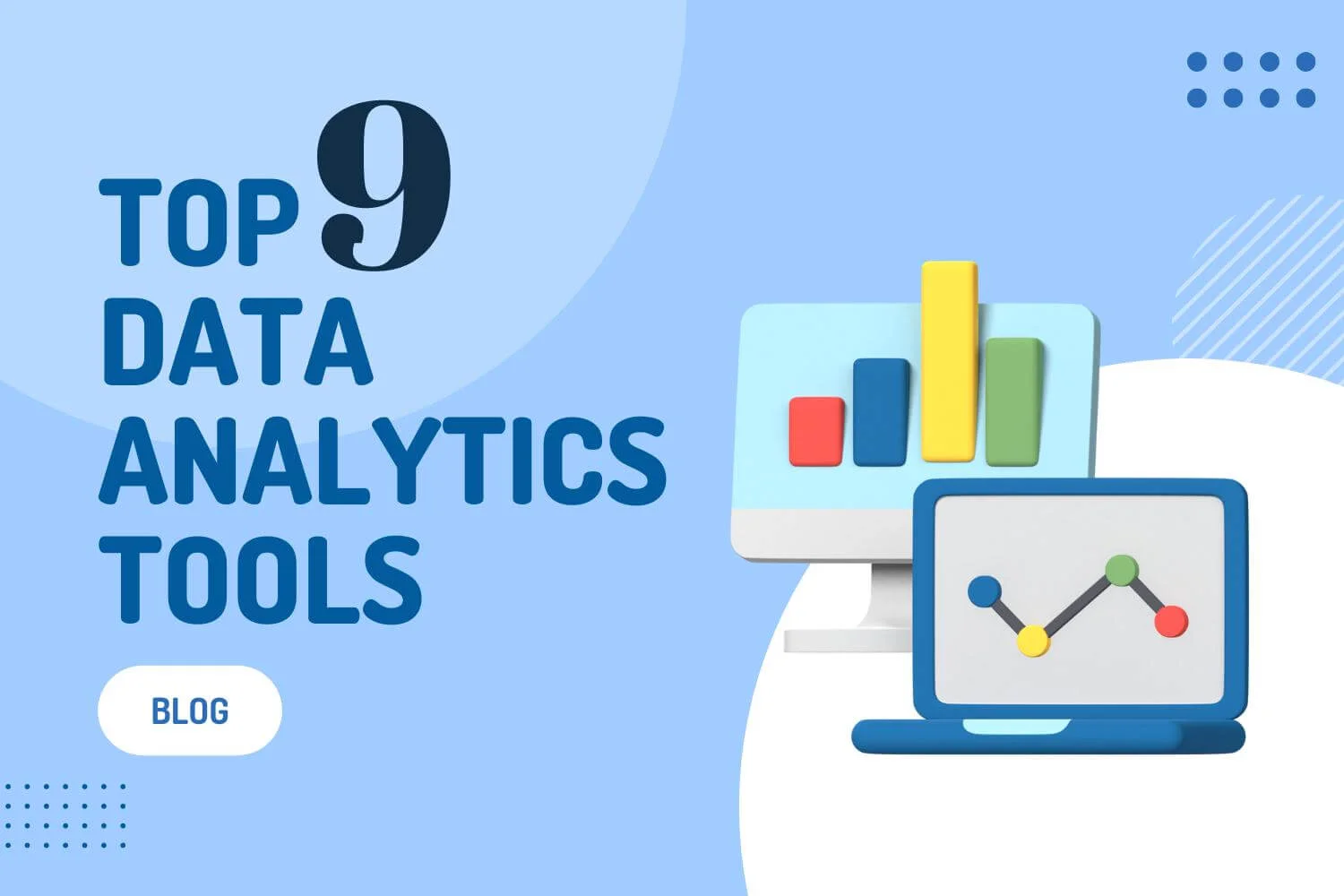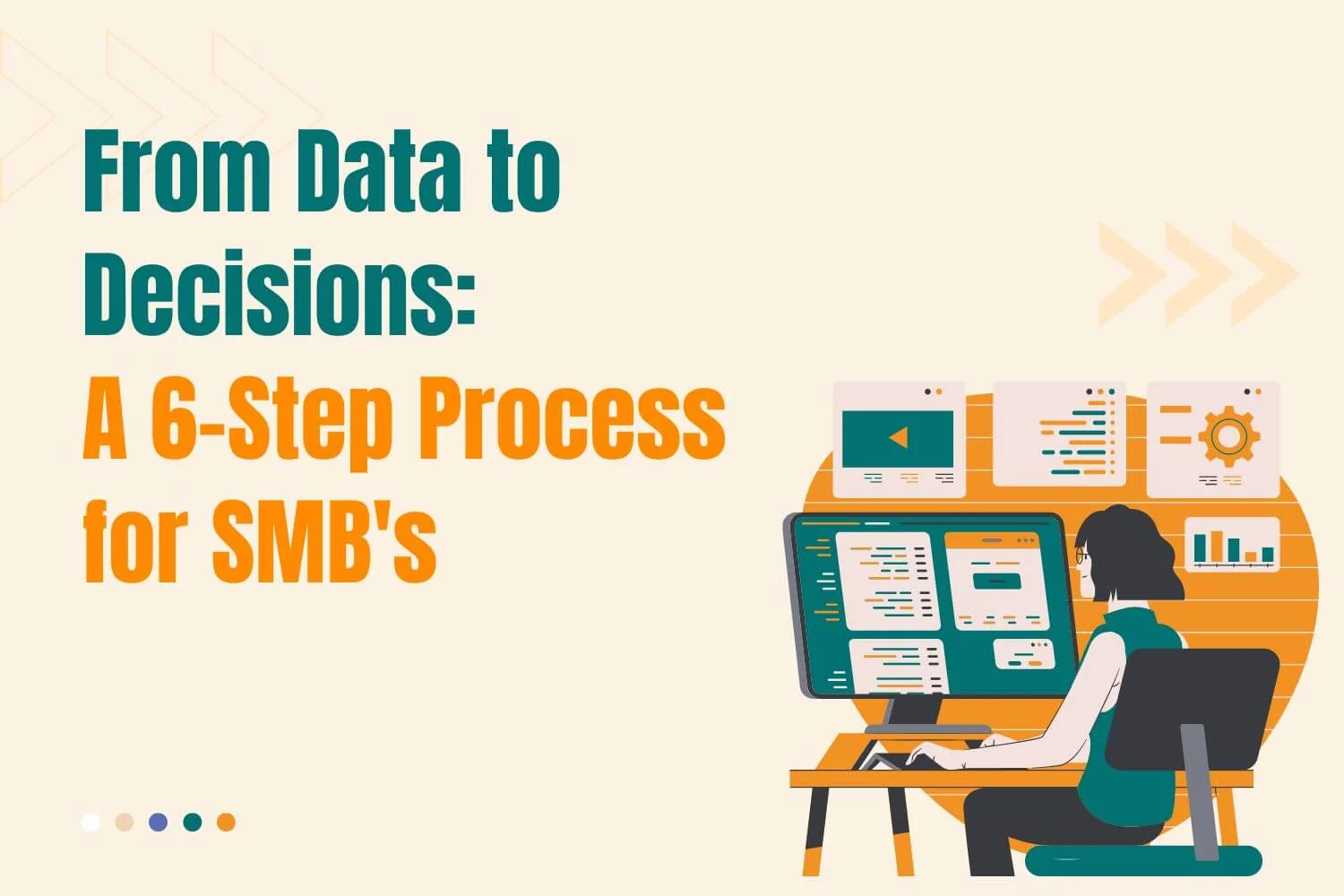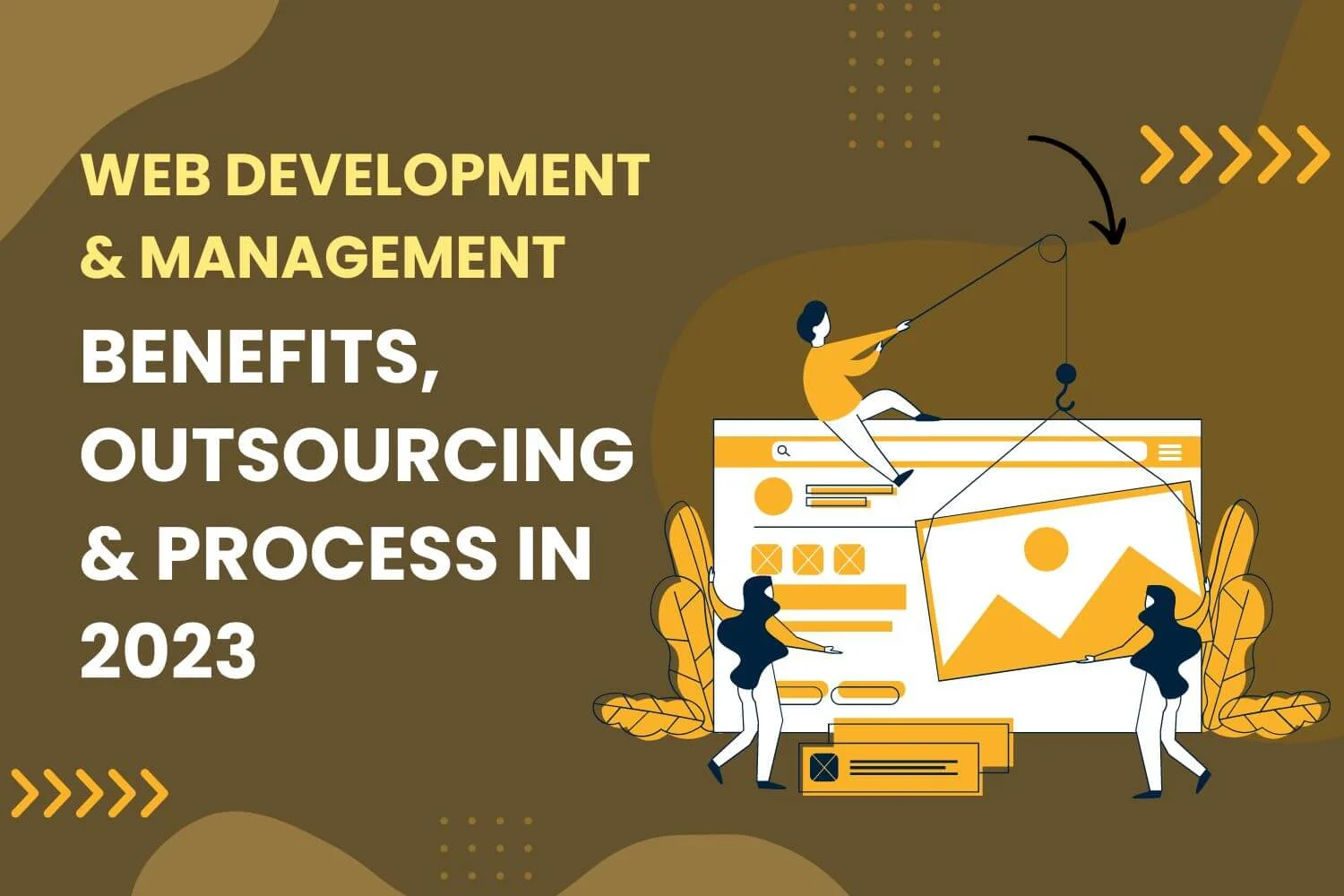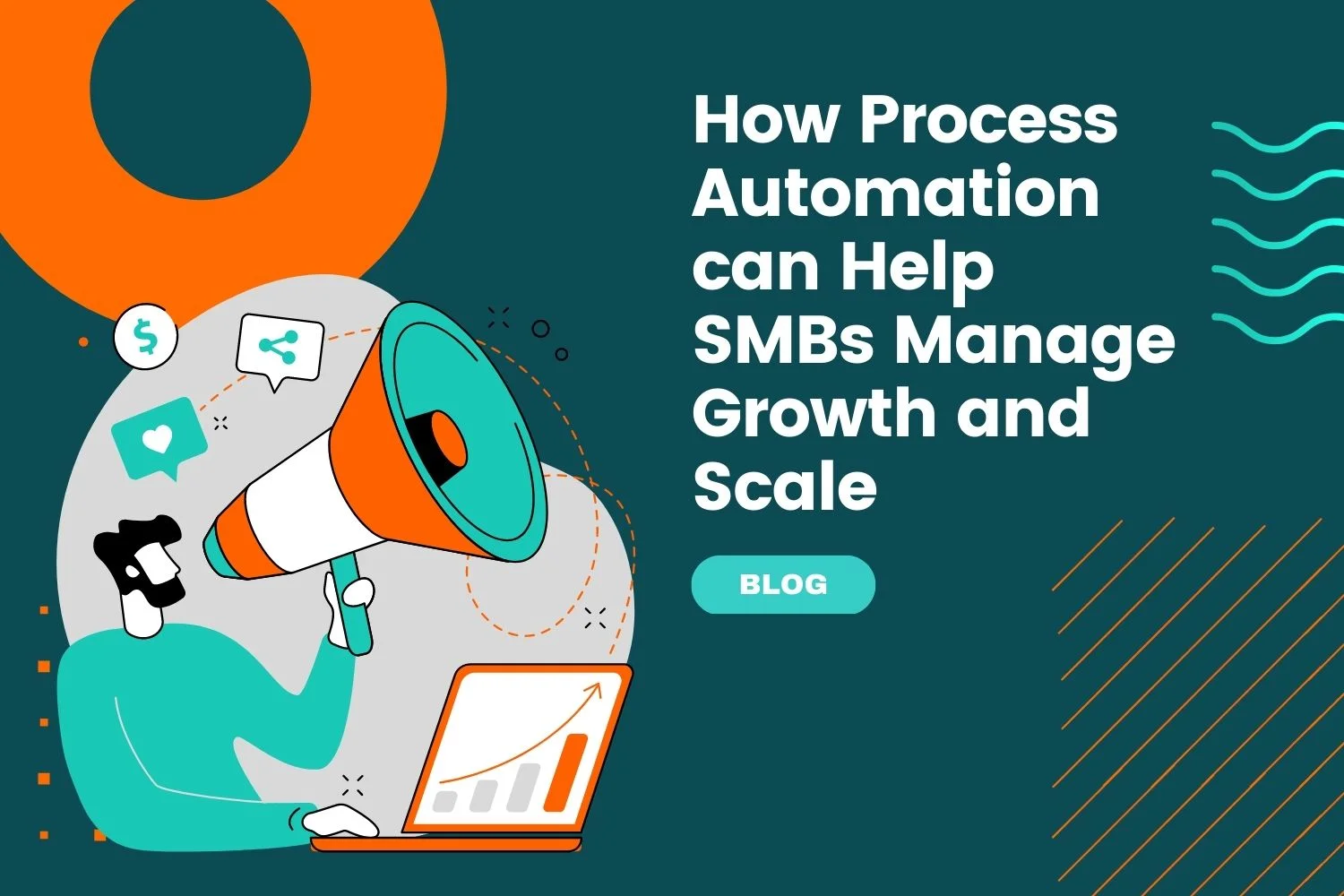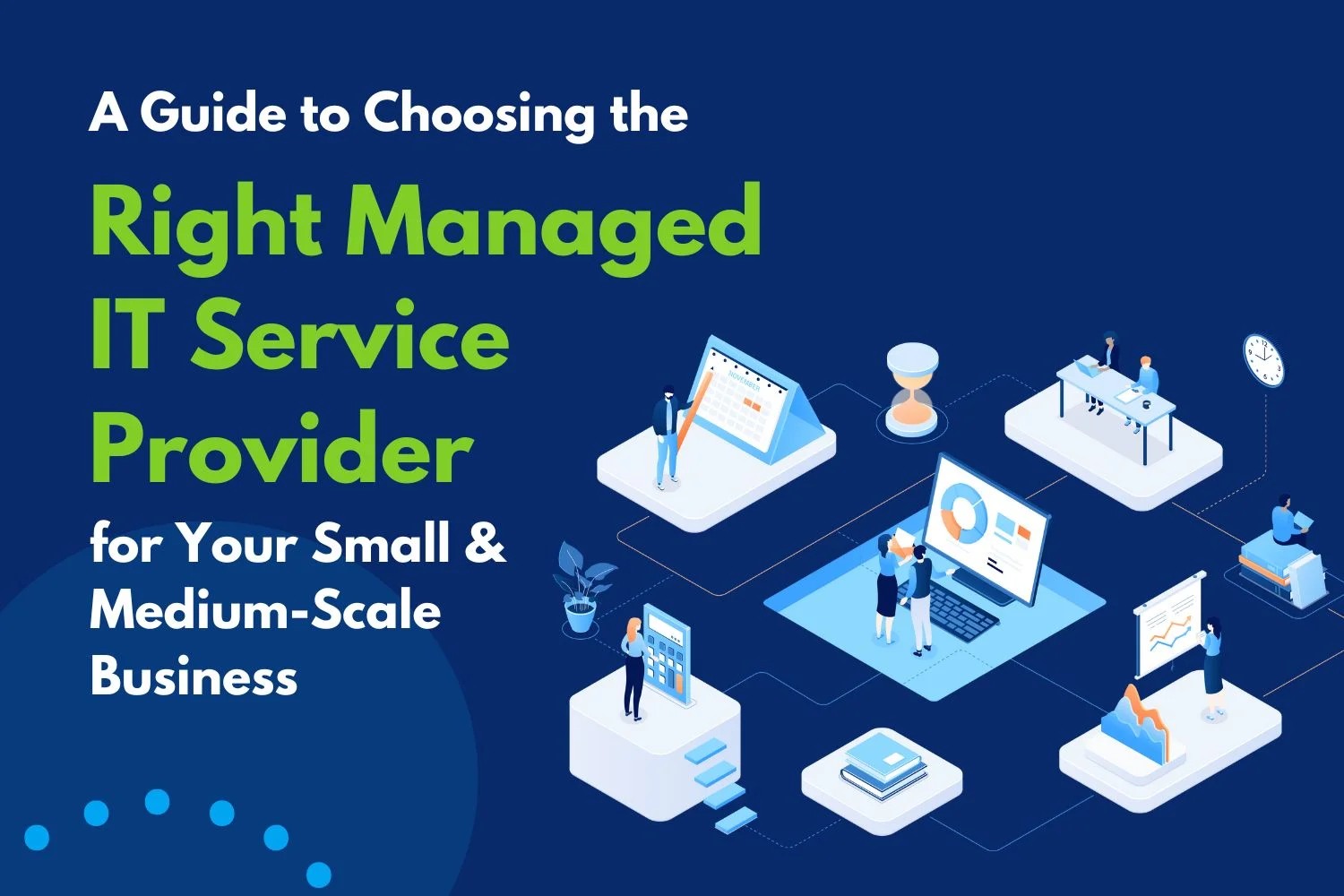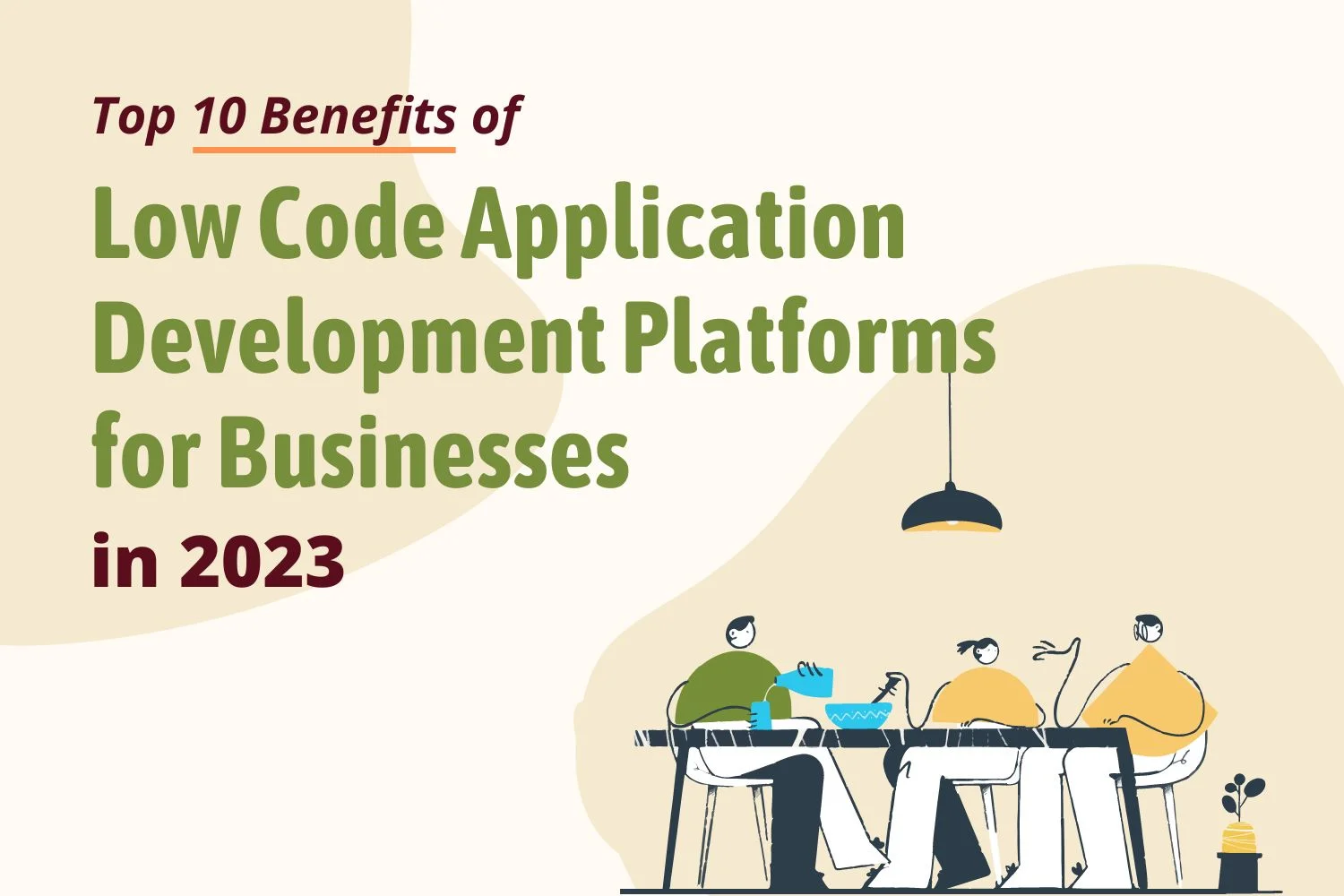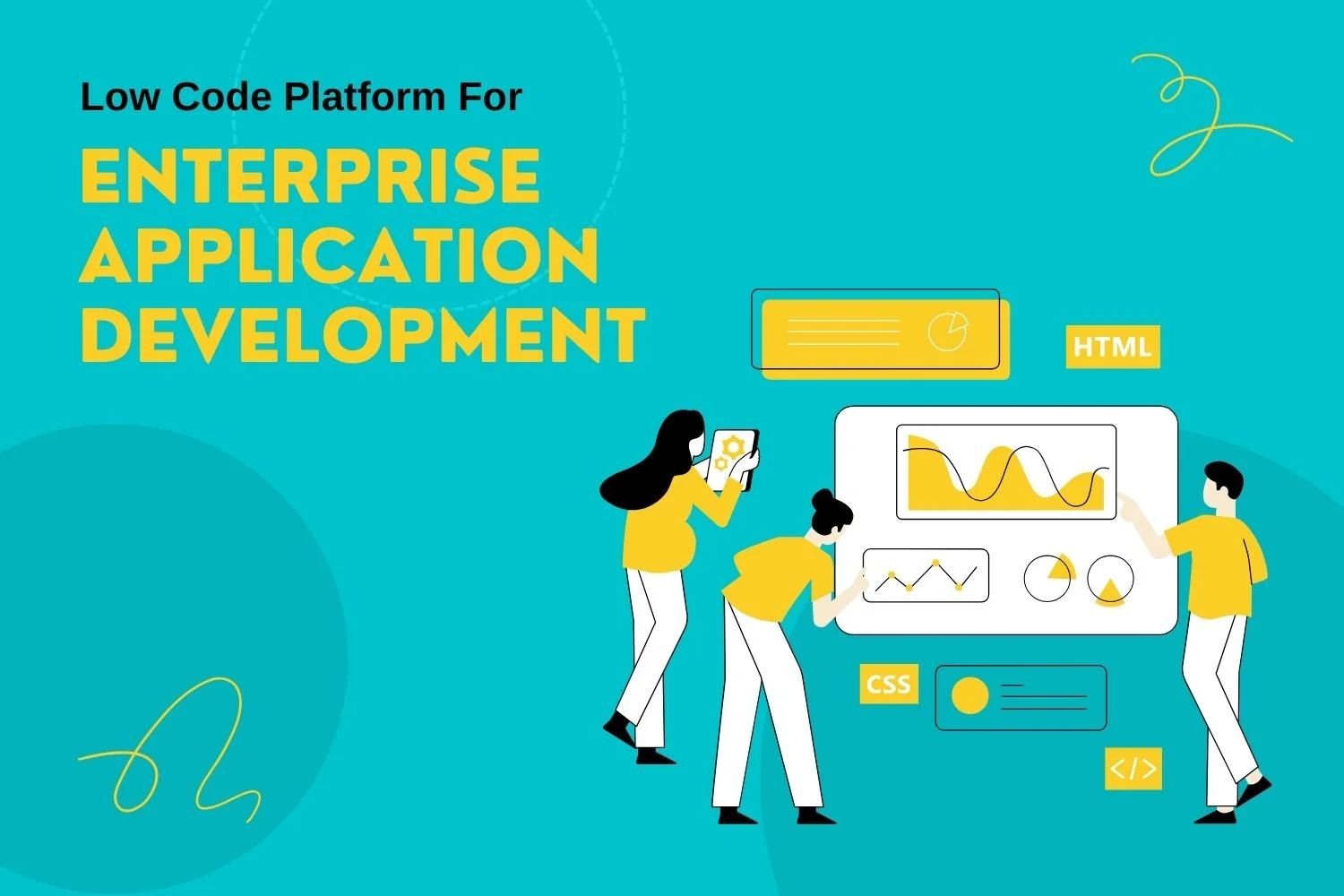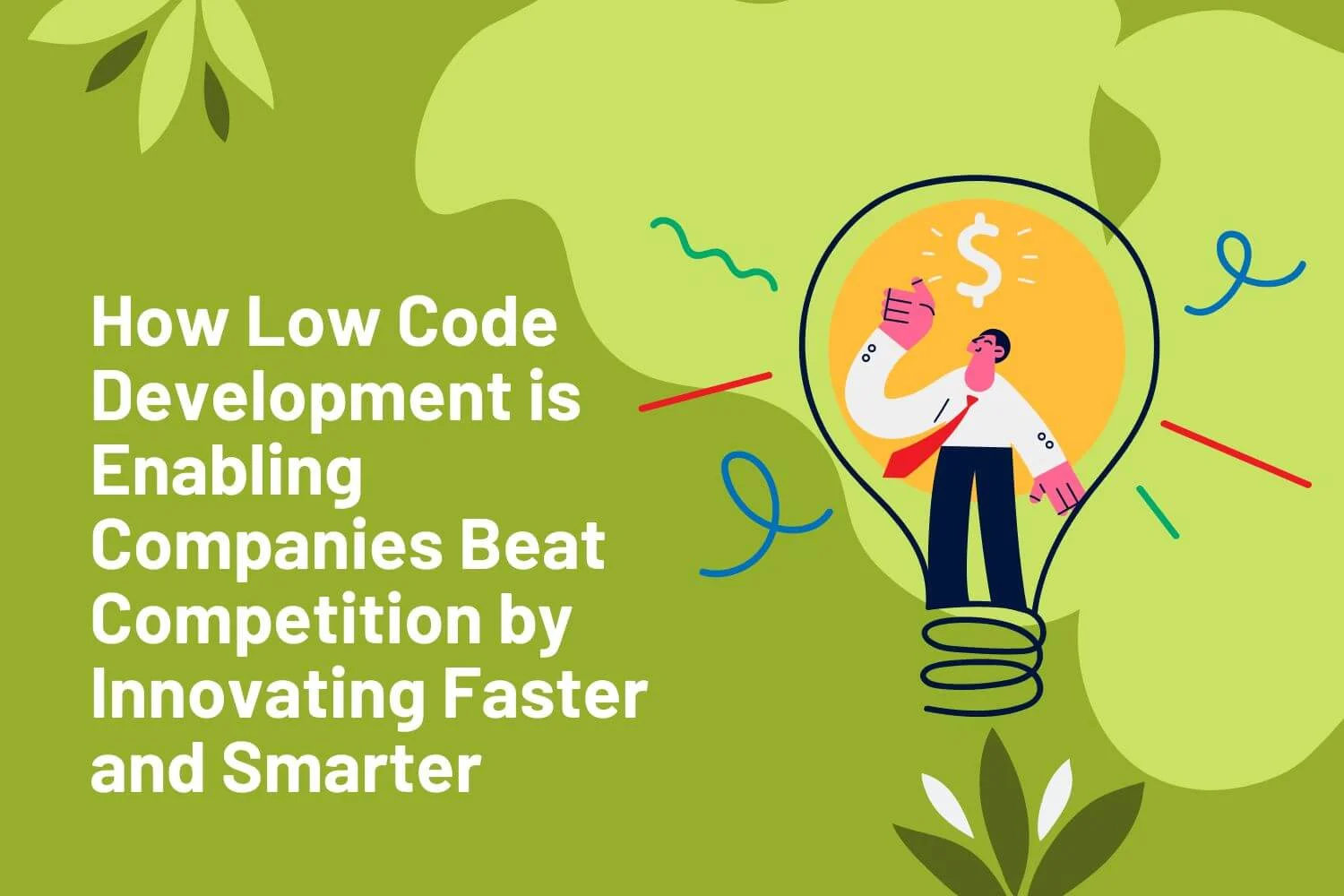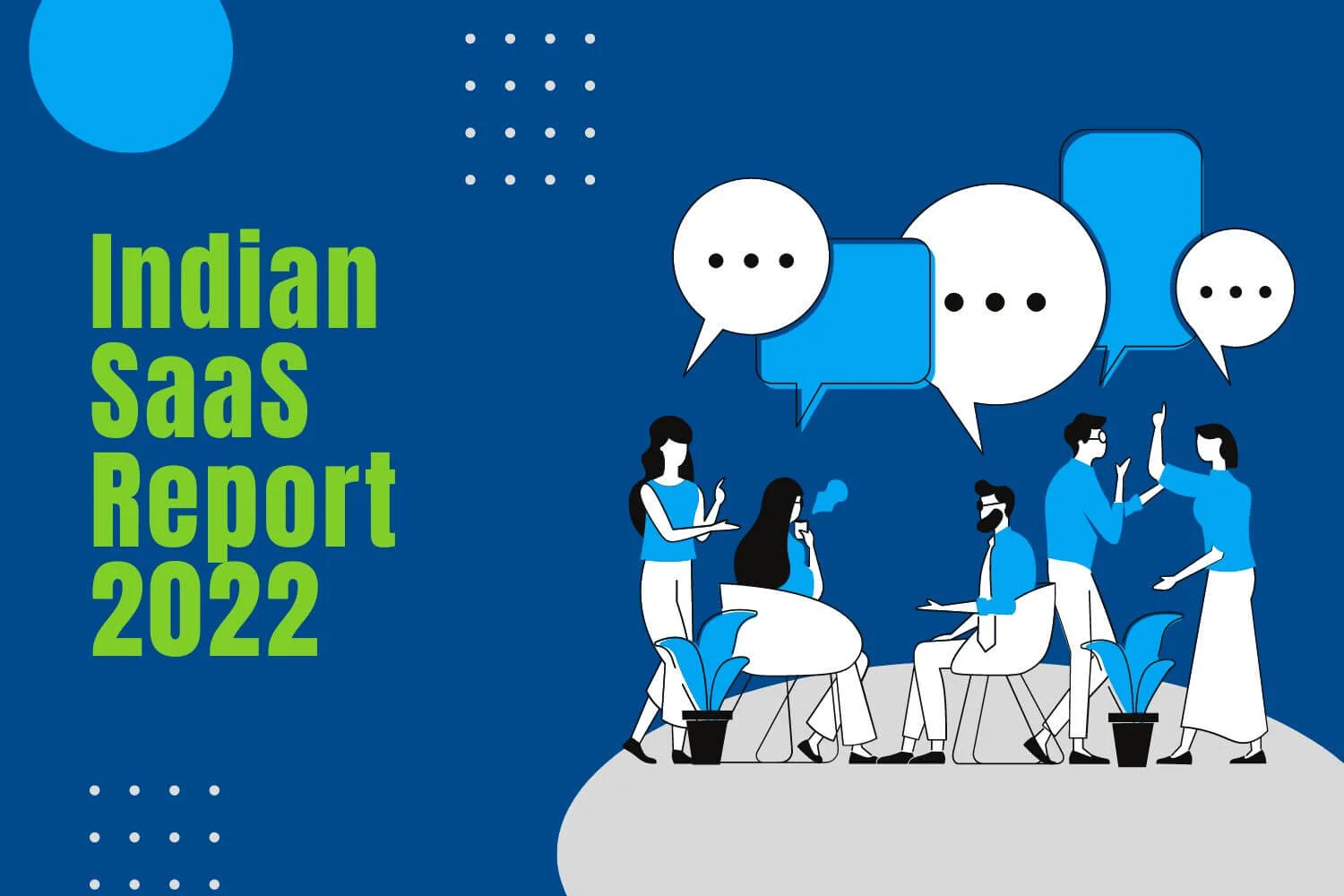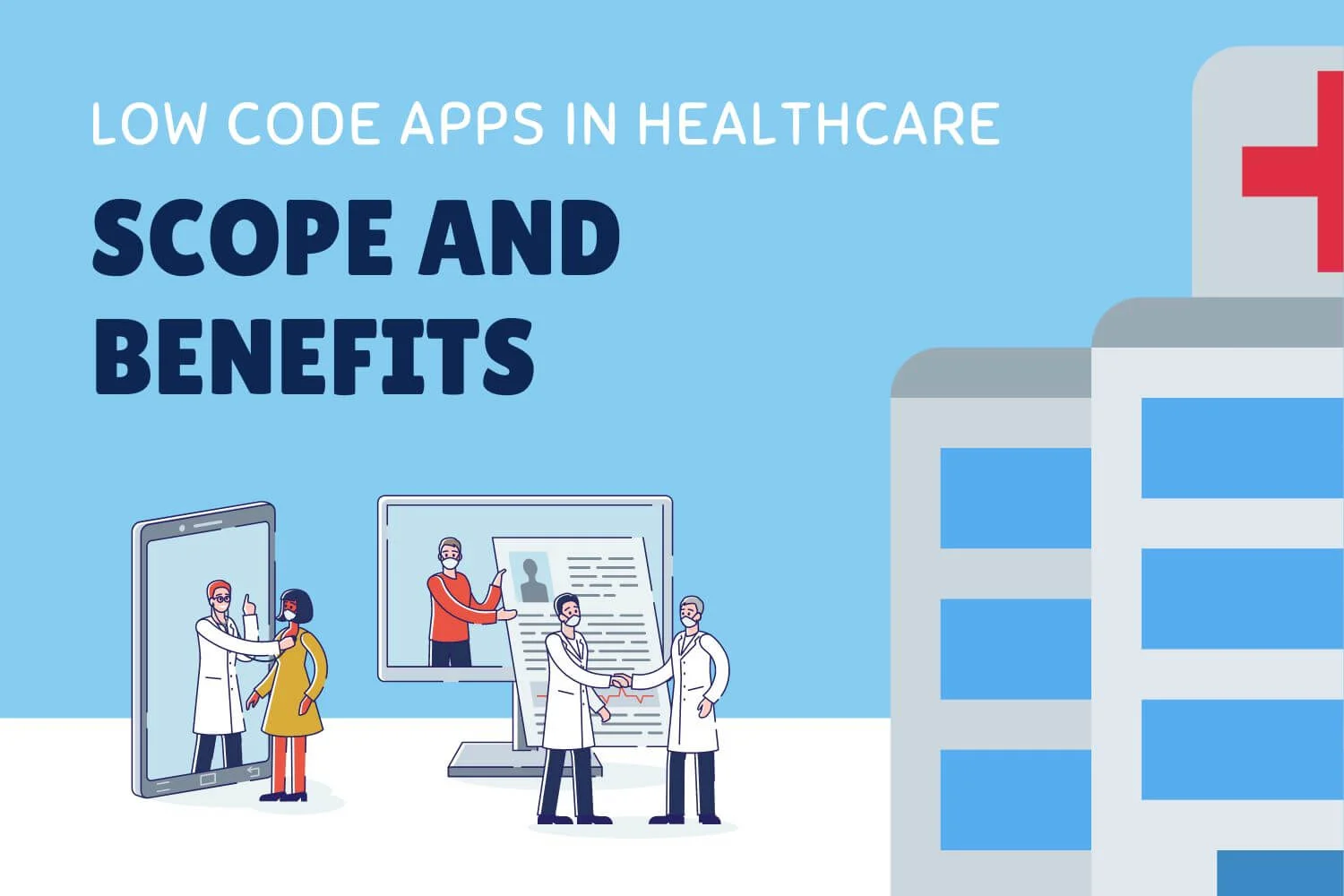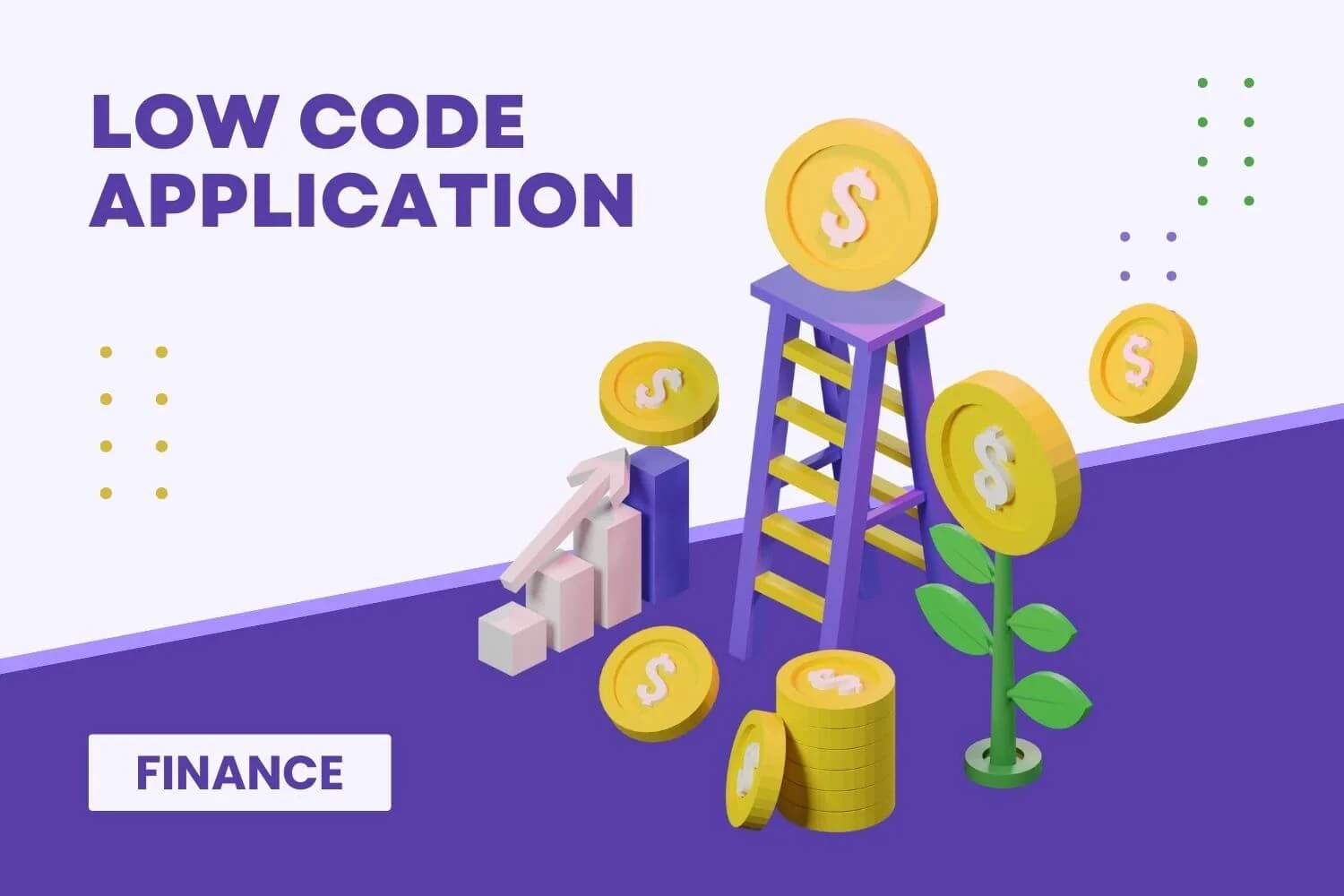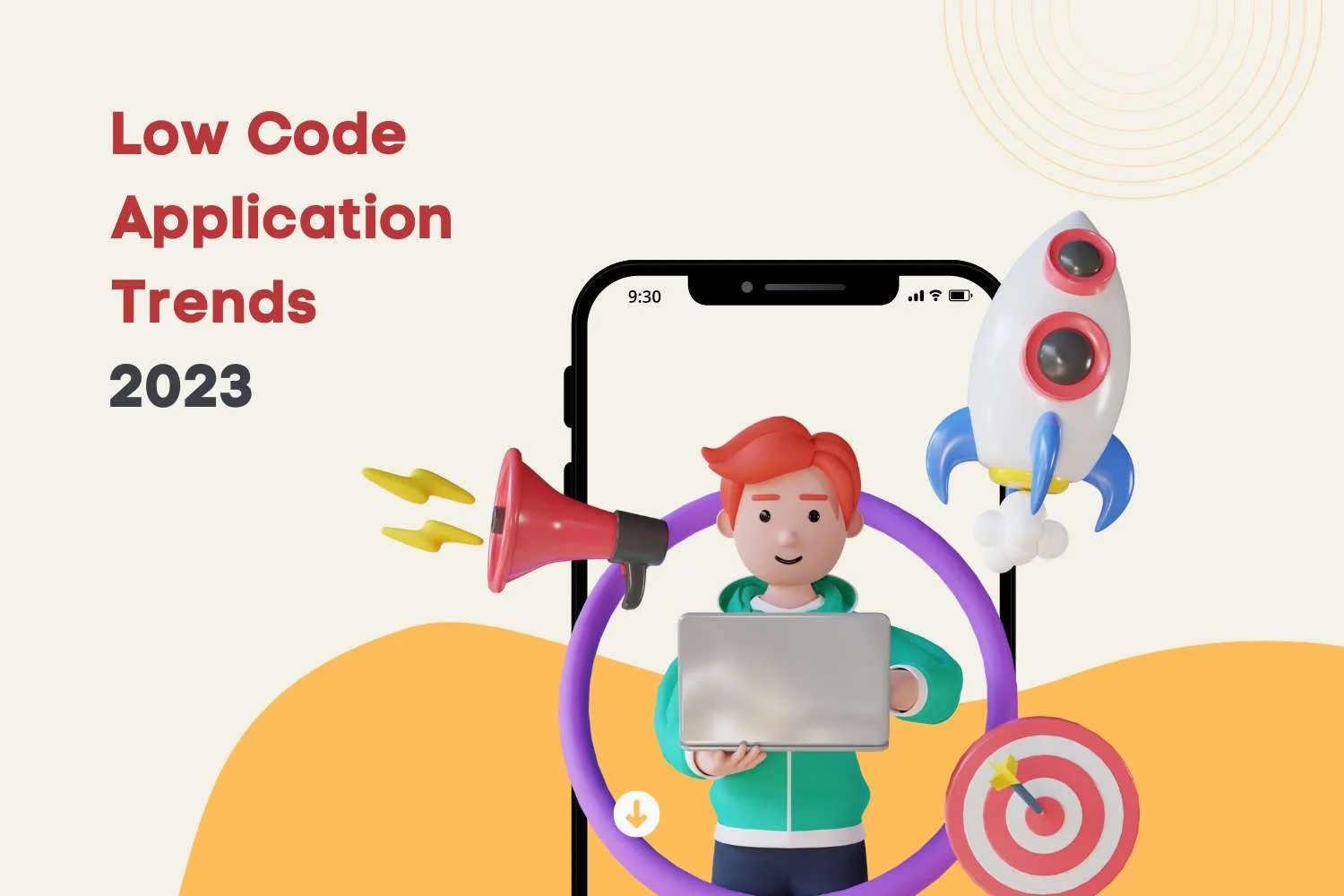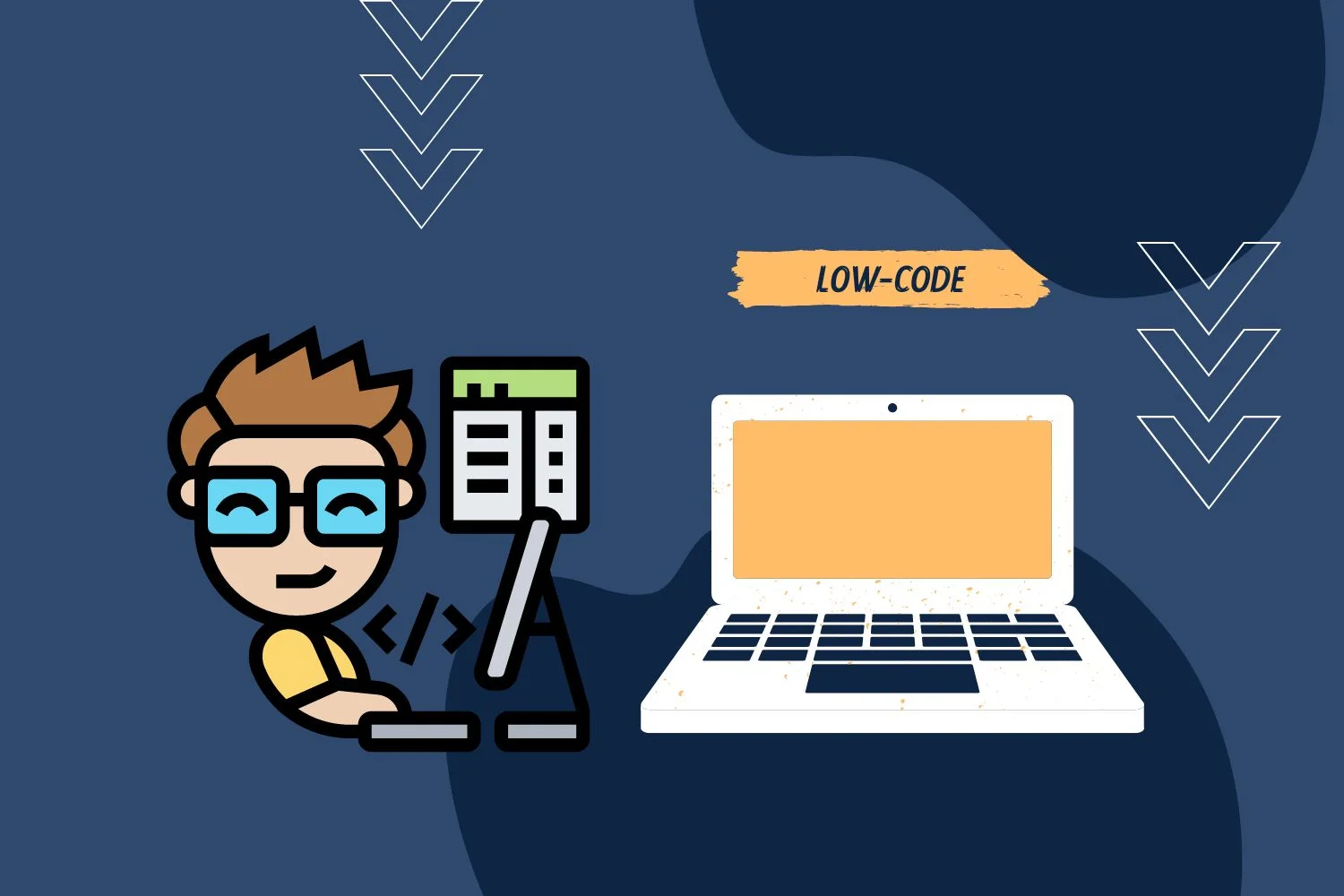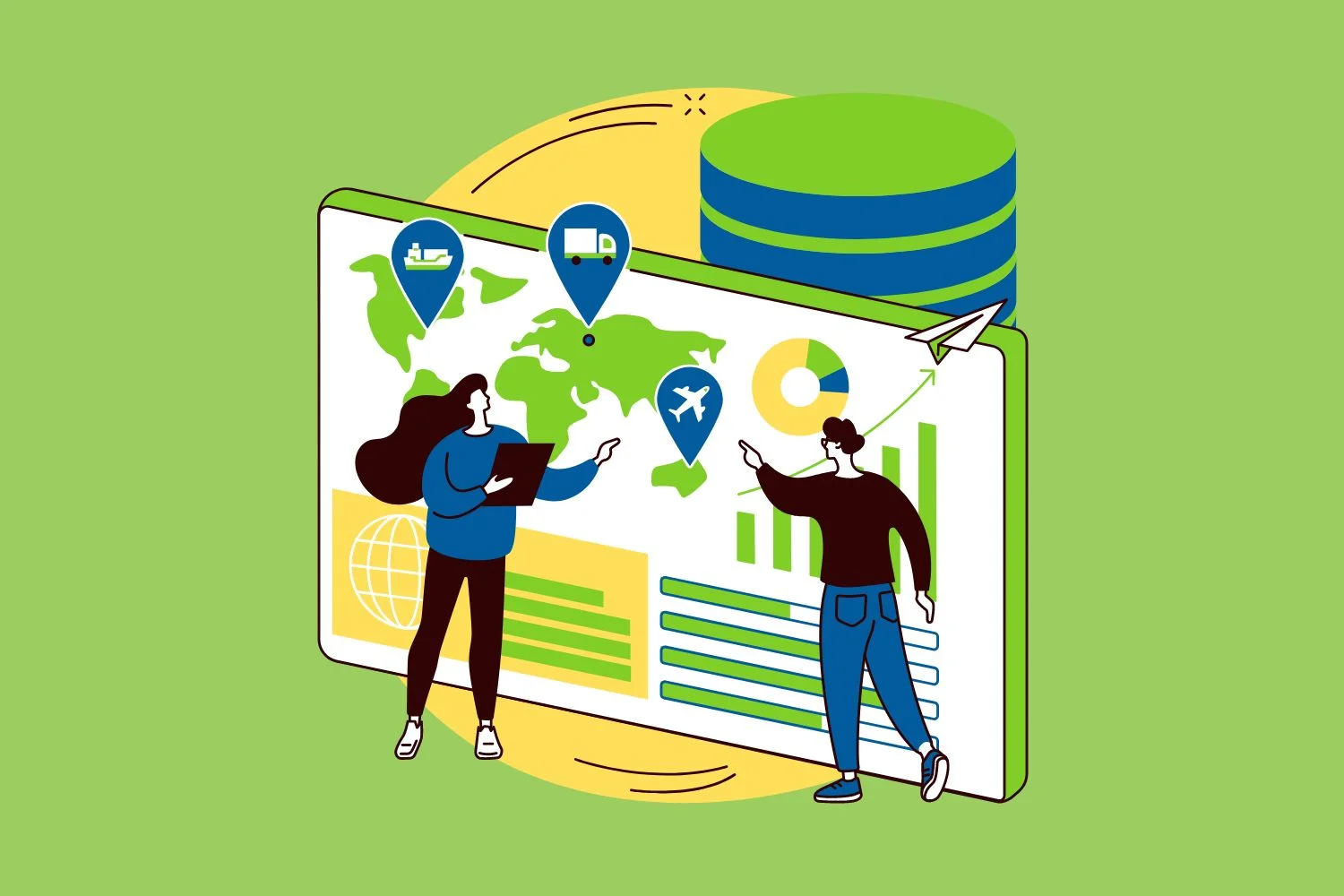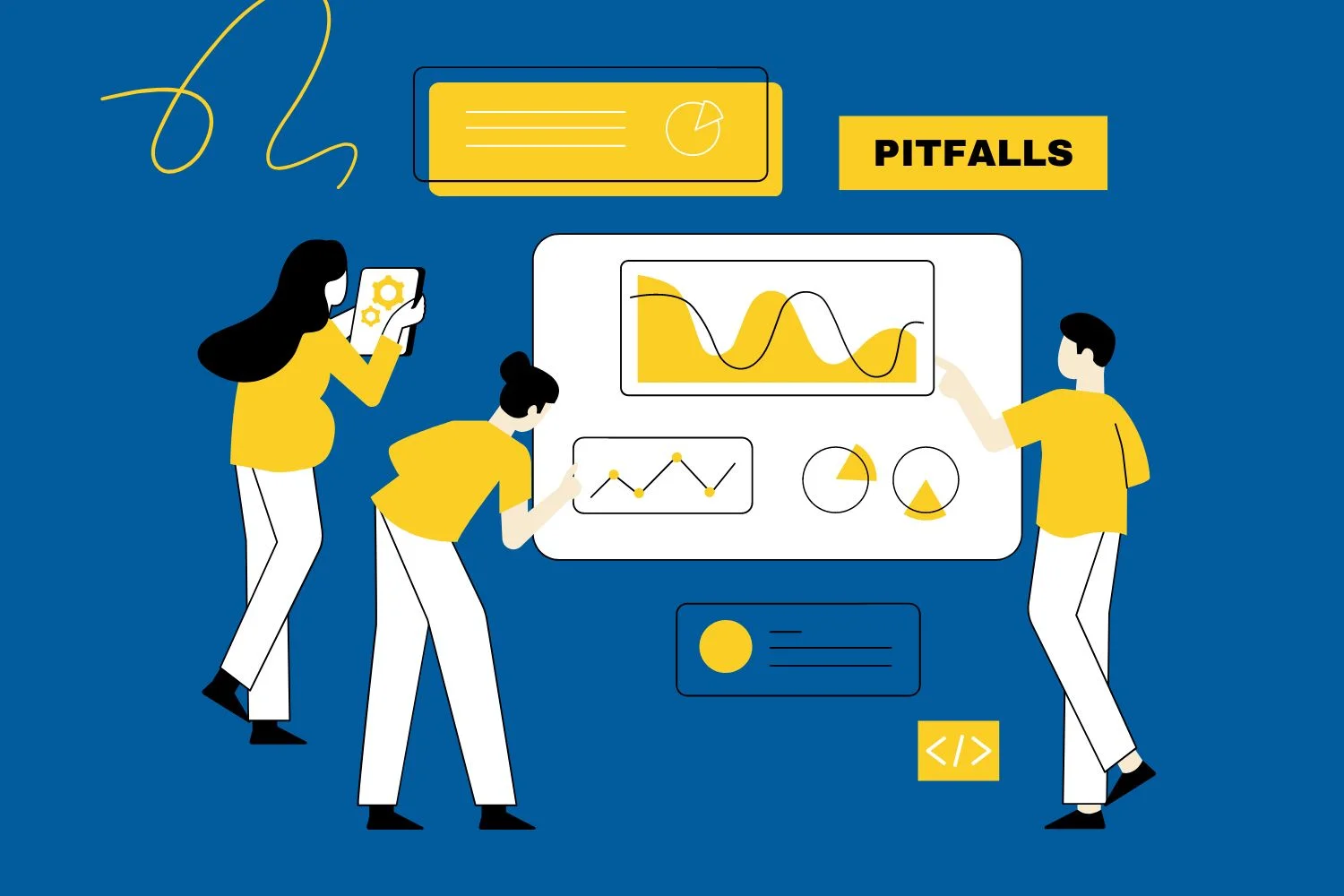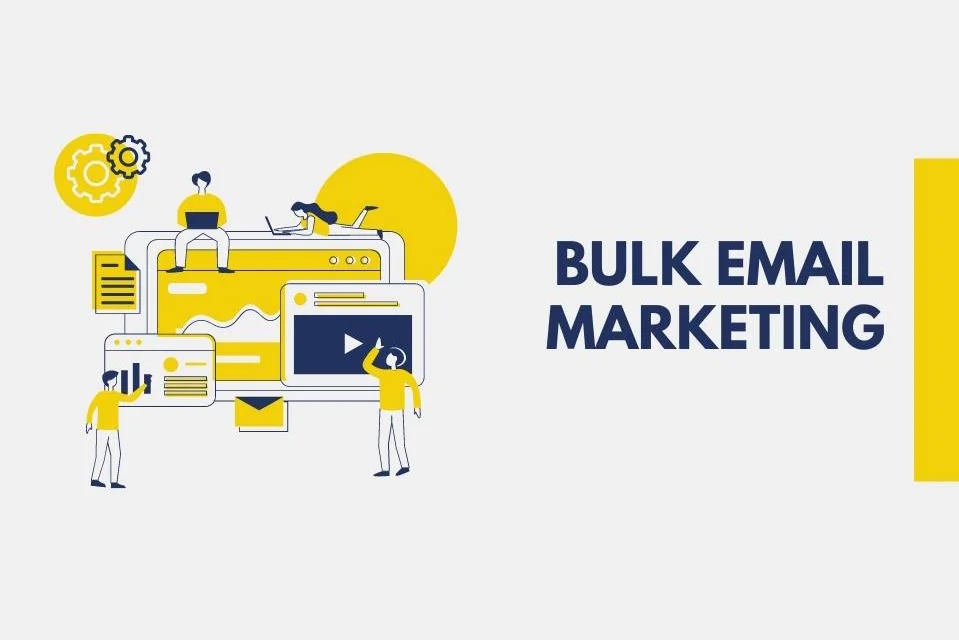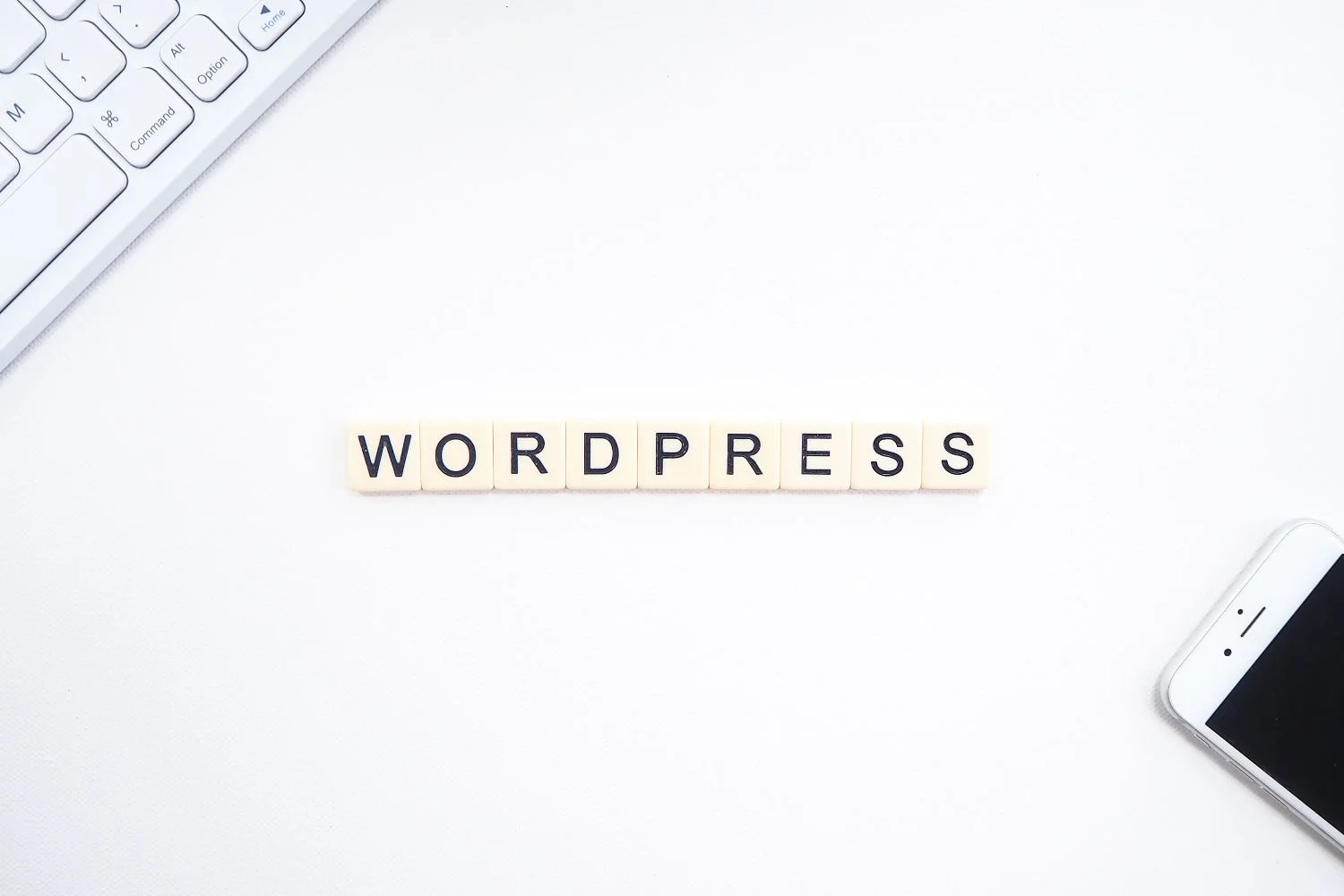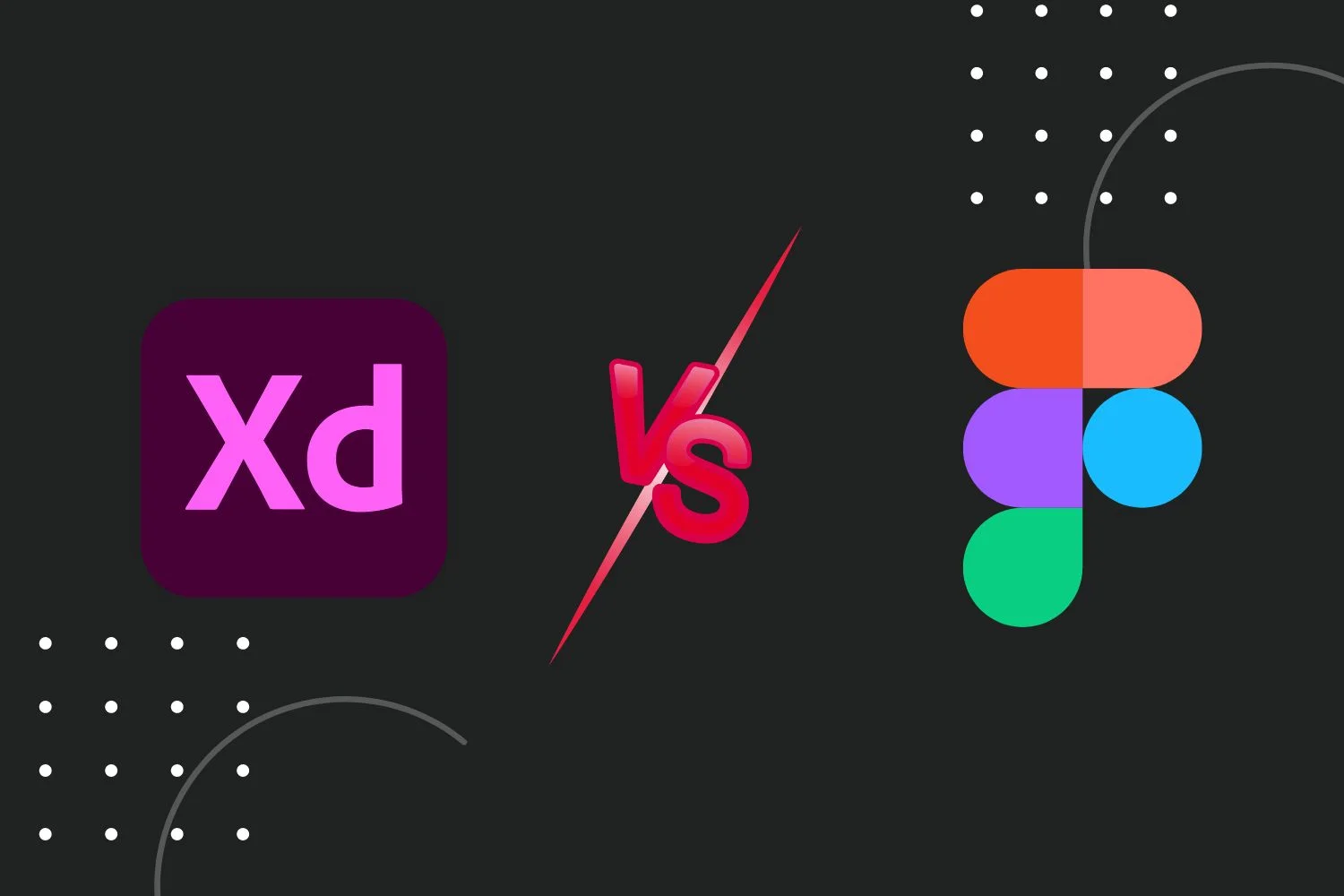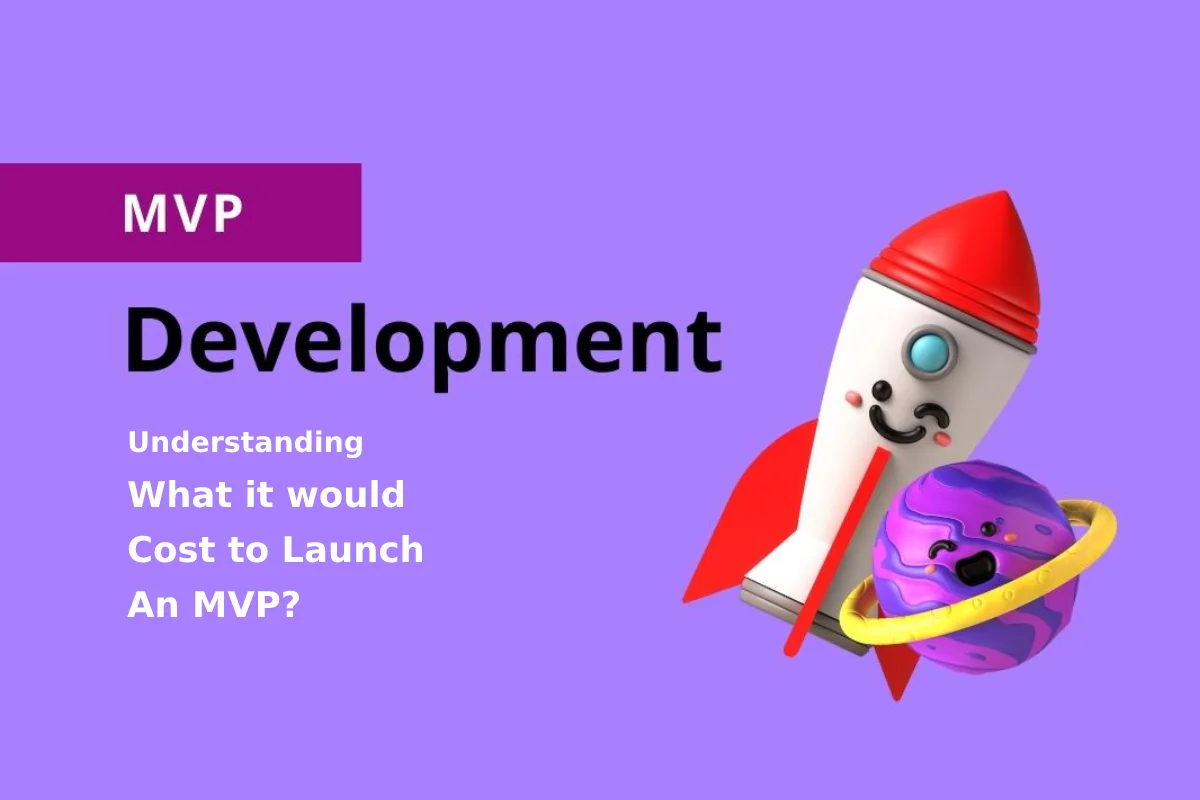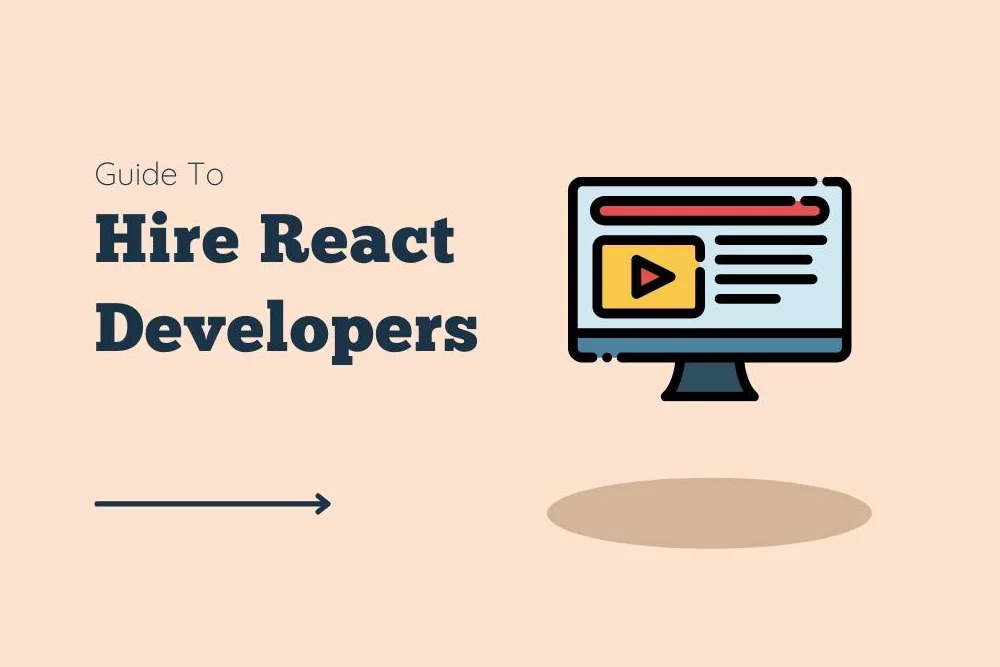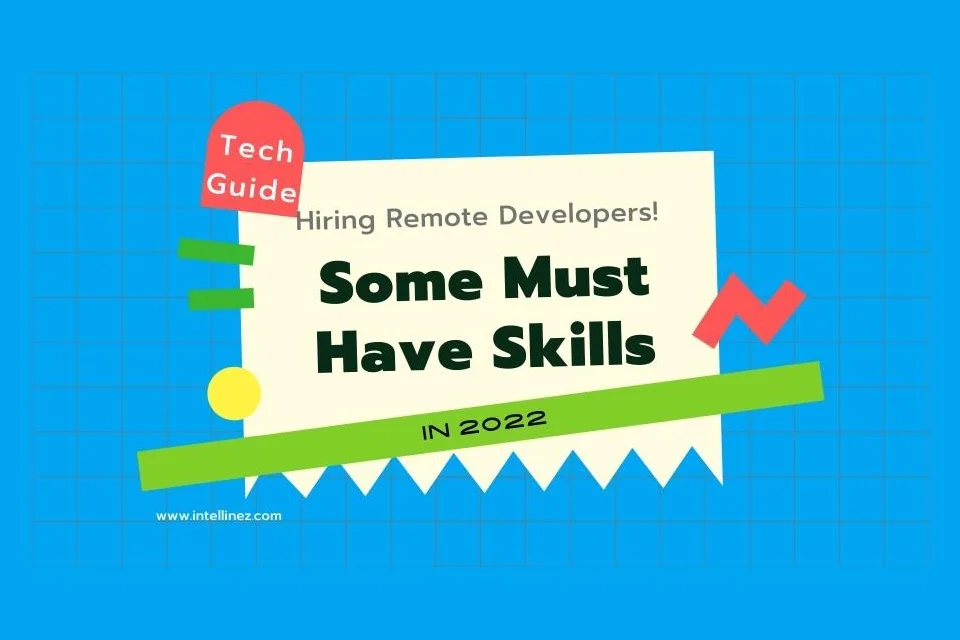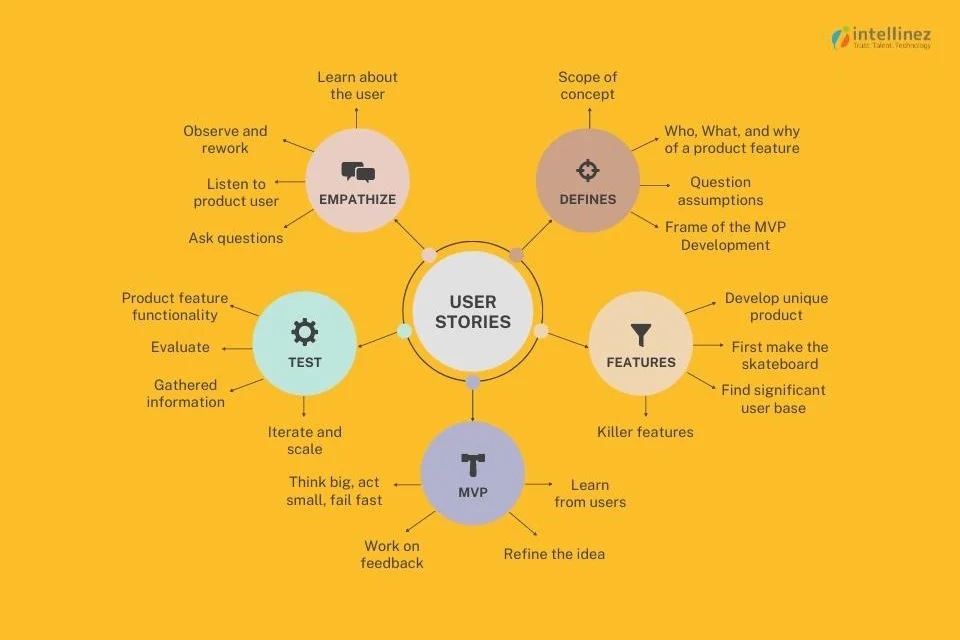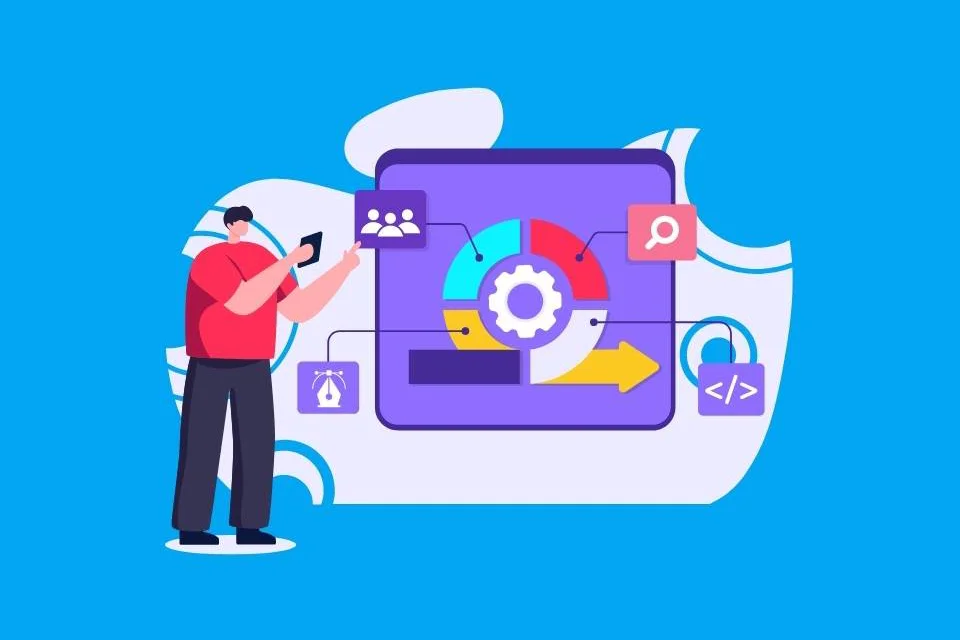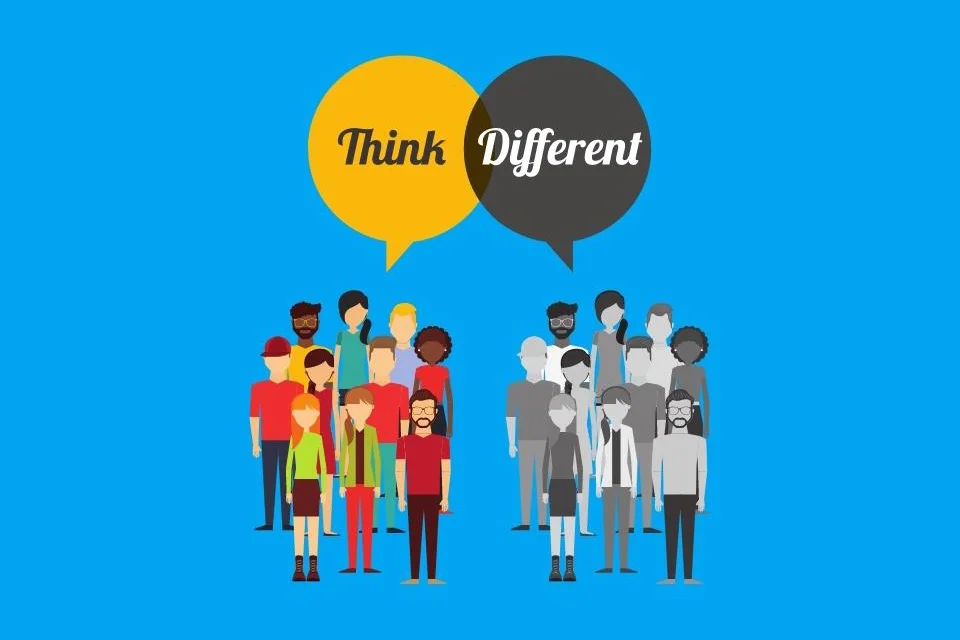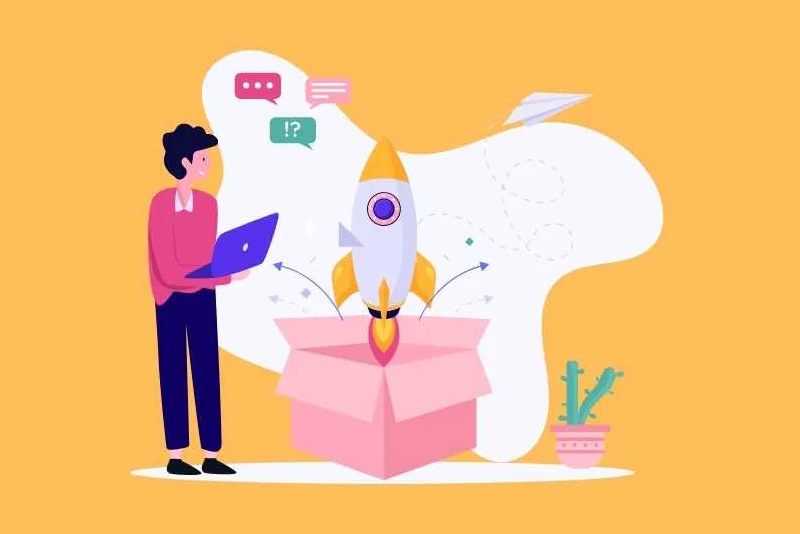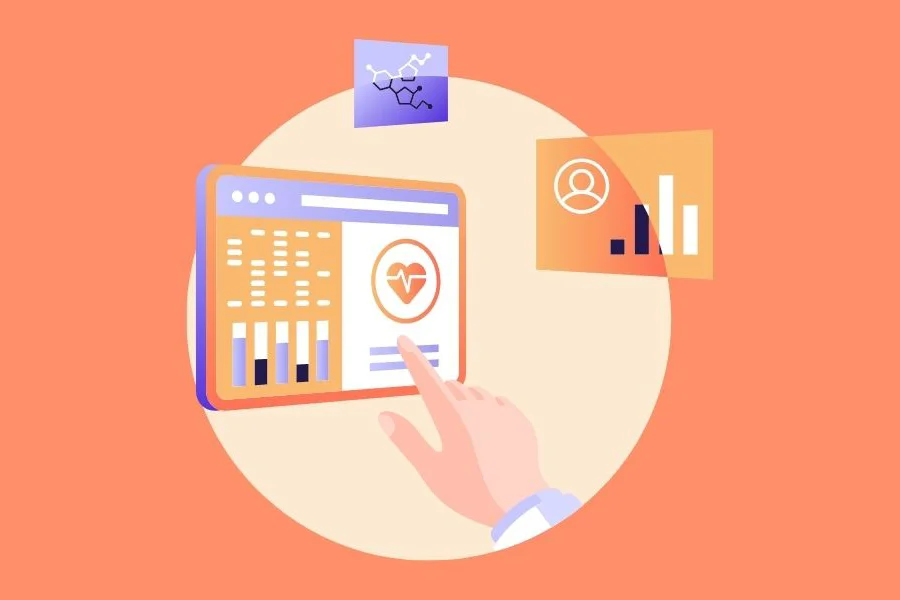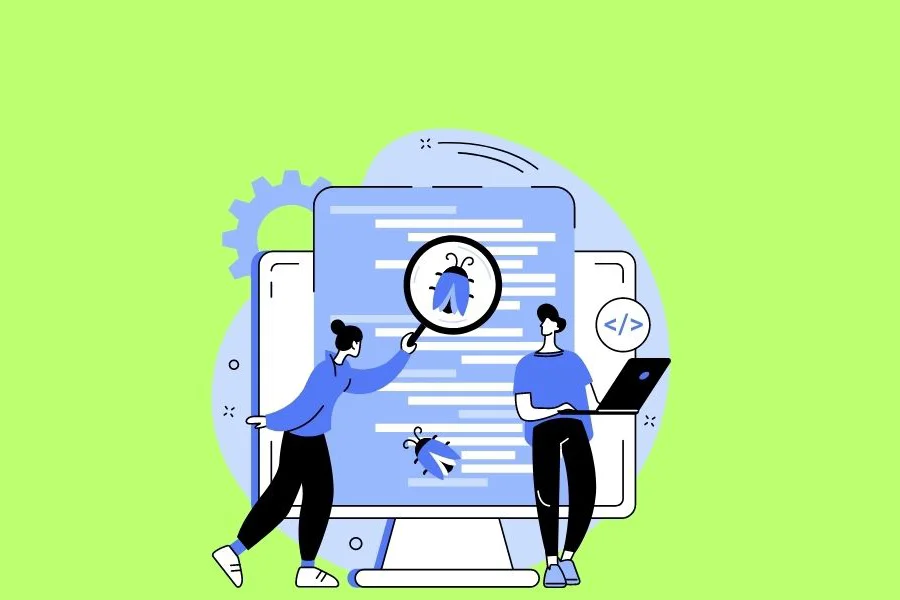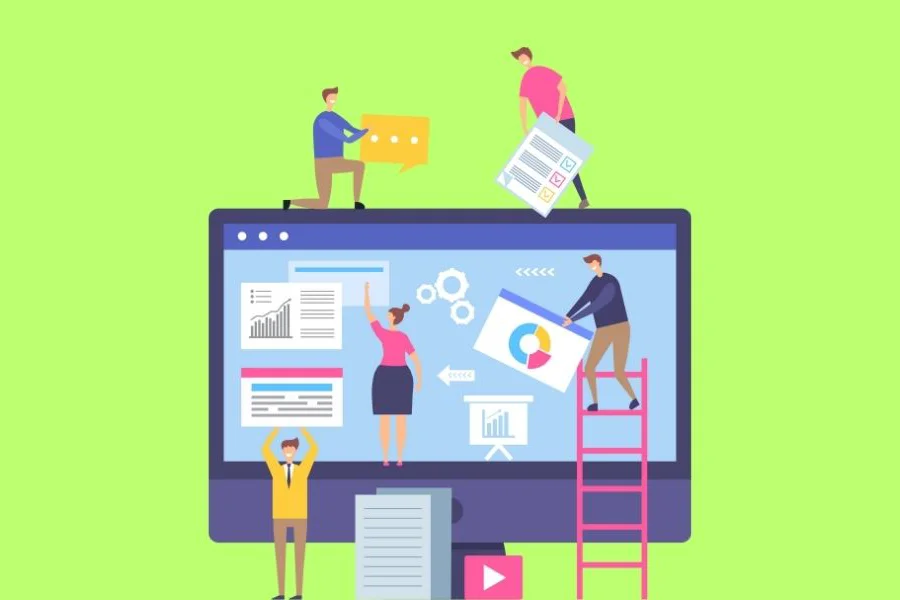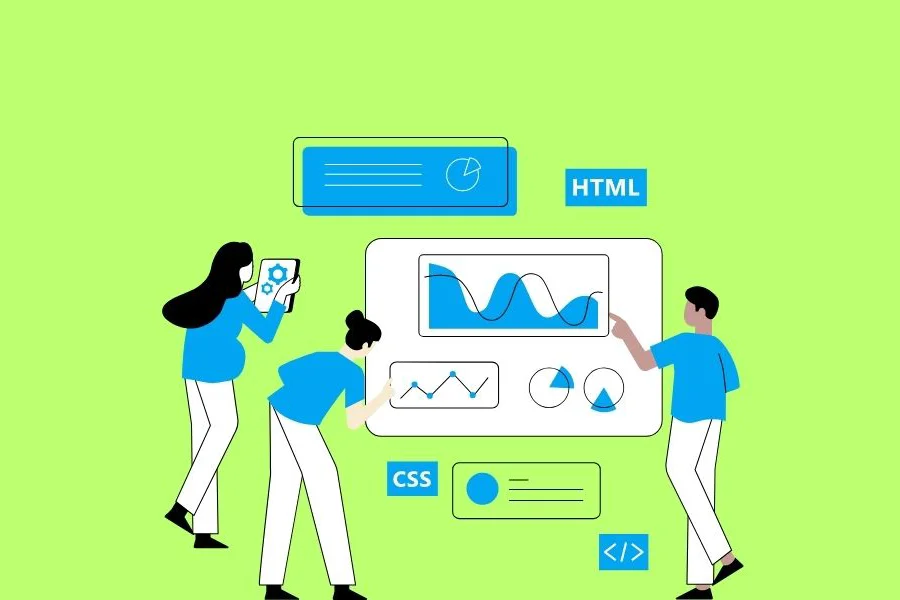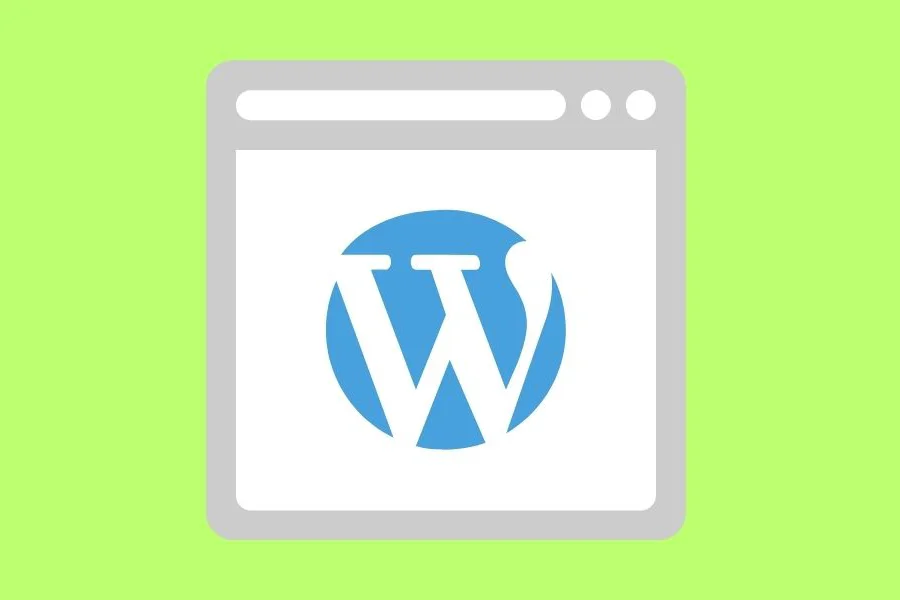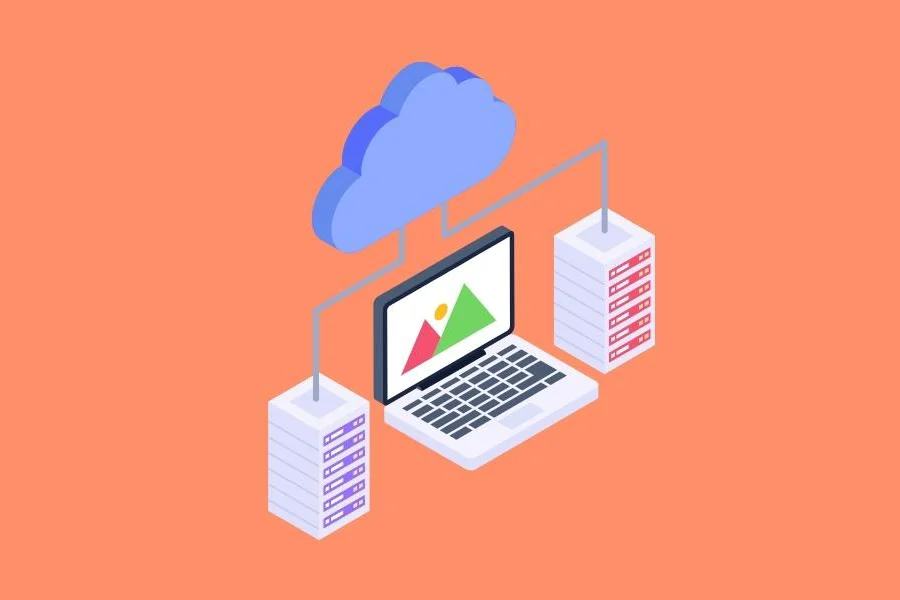Table of Contents
Artificial intelligence has transformed the face of digital marketing. It makes marketing easy, fast, efficient, and fun. With the latest AI-powered marketing tools, tasks that once took weeks – like market research, content creation, and campaign optimization – can now be completed in just a couple of days. No more scratching your head for fresh marketing ideas; simply ask the AI, and it will generate more creative suggestions than you can handle, helping you stay ahead of the competition.
As AI continues to evolve, its impact on digital marketing is only expected to grow. By 2025, advancements in AI-powered tools will enable marketers to deliver hyper-targeted content, predict consumer behavior, and automate even more complex processes, fundamentally reshaping the way we approach marketing strategies. In this blog post, we’ll not only explore the best AI digital marketing tools in 2025, but also dive into how to choose the right ones, their benefits, limitations, and more. So, let’s get started.
The Evolution of AI in Digital Marketing

The rapid advancement of AI has revolutionized digital marketing over the past few years. From 2020 to 2025, artificial intelligence has reshaped how brands engage with customers, optimize campaigns, and make data-driven decisions. As these technologies evolved, they enabled marketers to:
- Automate processes,
- Enhance personalization, and
- Gain deeper insights into customers
Consequently, the result is a fundamentally transformed digital marketing landscape. Let’s know more about how exactly AI in digital marketing is evolving:

1. AI-Driven Personalization
From personalized email campaigns to dynamic website content, AI’s role in personalization grew significantly between 2020 and 2025. AI tools leverage data to customize marketing experiences for individual users at scale, whether by suggesting relevant products, generating personalized content, or delivering tailored ad experiences.
As we approach 2025, AI’s ability to process real-time data has allowed businesses to offer more precise and relevant personalization. Customers expect individualized experiences, and AI’s capability to analyze everything from past interactions to contextual signals (like location and device) helps brands meet these expectations seamlessly. This has led to higher engagement rates, improved user experience, and increased brand loyalty.
2. Automation and Efficiency Gains
AI has also driven major advancements in marketing automation. Between 2020 and 2025, AI-powered automation tools became essential for managing repetitive tasks like email marketing, social media posting, and ad bidding. By 2025, AI-driven marketing automation tools allow businesses to scale campaigns effortlessly, ensuring that the right message reaches the right audience at the right time.
This shift has not only improved efficiency but also freed up marketers to focus on creative, strategic tasks rather than manual processes. AI’s ability to monitor and adjust campaigns in real time based on performance data ensures that marketing efforts are constantly optimized without the need for human intervention.
3. Natural Language Processing (NLP) and Conversational Marketing
NLP, the technology that enables comprehension and generation of human language, saw major advancements from 2020 to 2025. It plays a crucial role in conversational marketing, powering tools like AI chatbots, voice search, and content generation systems. Marketers can now interact with customers in more natural, human-like ways, delivering responses that are both contextually accurate and emotionally intelligent.
By 2025, natural language processing has evolved to a point where AI tools can understand not only the words customers use but also the intent and sentiment behind them. This has:
- Enhanced customer service interactions,
- Automated customer queries, and
- Enabled more effective social listening.
Additionally, the rise of voice-activated searches has pushed marketers to optimize their content for voice queries, ensuring that AI-driven search engines can deliver more relevant results.
4. Predictive Analytics: Data-Driven Decision Making
Predictive analytics, powered by AI, gained widespread use between 2020 and 2025. This technology allows marketers to forecast future trends and behaviors by analyzing historical data, improving the accuracy of marketing strategies. With AI’s ability to sift through enormous amounts of data quickly, marketers have been able to make more informed decisions about everything ranging from ad targeting to content creation.
By 2025, predictive analytics has become a key element in optimizing campaign performance. Marketers now use these insights to anticipate customer needs, reduce churn, and maximize lifetime value (LTV). For instance, AI models can predict which customers are likely to convert, enabling businesses to focus resources on high-value prospects while creating personalized retention strategies for existing clients.
5. Rise of Machine Learning in Marketing
Machine learning (ML), a subset of AI, became integral to digital marketing by enabling systems to analyze vast datasets and identify patterns without human intervention. From 2020 onward, this allowed marketing platforms to predict consumer behavior more accurately. For example, ML algorithms can analyze past purchase history, browsing habits, and engagement metrics to deliver personalized recommendations in real time.
By 2025, ML’s ability to continuously improve through data has become a powerful tool in crafting hyper-personalized marketing experiences. Tools that rely on ML, such as AI-driven recommendation engines and chatbots, are now staples in customer engagement strategies. As a result, brands have been able to significantly boost conversion rates and retention by offering content, products, and services tailored to individual preferences.
AI’s evolution since 2020 has fundamentally reshaped digital marketing, driving enhanced personalization, efficiency, and data-driven decision-making. Machine learning, predictive analytics, NLP, and automation have transformed how marketers engage with customers, ensuring they remain competitive in an increasingly digital world. As we move forward, these AI-powered innovations will continue to play a critical role in marketing success.
Top 5 AI Digital Marketing Tools to Use in 2025
As artificial intelligence continues to advance, digital marketers are increasingly relying on innovative tools to streamline processes, enhance personalization, and improve campaign performance. In 2025, several AI tools are set to dominate the digital marketing landscape, helping businesses create more effective strategies. Here are the top 5 AI digital marketing tools and how they can transform your efforts:

1. ChatGPT
As NLP has evolved, ChatGPT and GPT-like tools have become indispensable for content creation and customer engagement. These AI-driven platforms – in the context of digital marketing – can generate high-quality, contextually relevant content for blogs, emails, and social media, reducing time spent on manual content creation. In addition, their conversational abilities enable personalized customer interactions through AI chatbots, which can handle everything from answering queries to recommending products based on individual preferences.
OpenAI is set to release the latest version of ChatGPT, ChatGPT 5 in late 2024 or early 2025. By 2025, the advanced customization options offered by these tools allow businesses to tailor customer interactions at scale, improving both engagement and conversion rates. Marketers can leverage AI to design personalized customer journeys that respond in real-time to user behaviors, offering a more dynamic and engaging experience.
Ideal Use Cases: Advanced content generation and personalization for customer interactions
Key Highlights: AI-powered conversational marketing, high customization
2. Grammarly’s Tone Detector with AI Enhancements
In a world where brand voice is essential, Grammarly’s AI-powered tone detector has become a vital tool for digital marketers. This tool provides real-time feedback on the tone, clarity, and readability of written content, ensuring that the messaging aligns with the brand’s identity and is tailored to the audience’s expectations. Whether crafting social media posts, email campaigns, or website copy, Grammarly’s AI helps maintain consistency in tone, which is crucial for building trust and brand loyalty.
By 2025, Grammarly’s AI enhancements allow for even more nuanced tone detection, factoring in industry-specific language and cultural context. This ensures that businesses can deliver targeted marketing content that resonates with diverse audiences while maintaining a consistent brand voice across all platforms.
Ideal Use Cases: Ensures brand consistency across all written content with AI tone analysis
Key Highlights: Real-time AI feedback on tone and readability for targeted marketing
3. HubSpot’s AI-Powered CRM
HubSpot’s AI-powered CRM has revolutionized how businesses approach customer relationship management by using predictive analytics to segment audiences and personalize outreach. This AI-driven CRM analyzes customer data to predict future behaviors, allowing marketers to prioritize high-value leads and nurture them with personalized content at optimal times.
By 2025, HubSpot’s AI advancements have taken the lead generation to a new level. Its predictive analytics engine can forecast customer needs based on historical data and behavior, enabling more targeted campaigns. Whether through email, social media, or targeted ads, marketers can deliver the right message at the right moment, improving conversion rates and overall customer satisfaction.
Ideal Use Cases: AI-driven customer segmentation and personalized marketing automation
Key Highlights: Predictive analytics to enhance lead generation
4. Jasper
Jasper AI has become the go-to tool for marketers looking to automate copywriting across multiple channels. It helps businesses generate high-quality, SEO-optimized content tailored to specific audiences, making it ideal for blog posts, social media updates, and email marketing campaigns. Jasper’s ability to understand context and apply best practices for SEO ensures that the content it produces not only engages readers but also ranks well in search engines.
In 2025, Jasper’s AI enhancements in contextual understanding make it a must-have tool for marketers who need to produce large volumes of content without sacrificing quality. Its deep learning algorithms can now analyze trending topics, generate content ideas, and write engaging copies that resonate with the target audience, helping businesses stay competitive in the ever-evolving digital landscape.
Ideal Use Cases: Copywriting automation for blogs, email marketing, and social media
Key Highlights: SEO-optimized content creation with contextual understanding
5. SEMrush’s AI-Powered SEO Toolkit
SEMrush has long been a leader in the SEO space, and its AI-powered toolkit has further cemented its position as an essential tool for digital marketers. By 2025, SEMrush’s AI tools provide automated SEO audits that identify on-site issues, while its AI-driven keyword recommendation engine helps marketers identify new opportunities based on current search trends.
The real-time competitor analysis offered by SEMrush’s AI also gives businesses a significant edge. Marketers can quickly identify gaps in competitors’ strategies, track keyword rankings, and adjust their content strategies accordingly. With real-time suggestions, SEMrush ensures that digital marketing campaigns remain agile, allowing businesses to respond to market shifts and stay ahead in SEO rankings.
Ideal Use Cases: Automated SEO audits and AI-driven keyword recommendations
Key Highlights: Real-time competitor analysis and content suggestions based on current trends
Note: Check out the best SEO tips and tricks.
In 2025, AI tools are playing an increasingly important role in digital marketing, helping businesses automate tasks, enhance personalization, and make data-driven decisions. Whether it’s generating content, predicting customer behavior, or optimizing SEO strategies, these top 5 AI tools – ChatGPT, Jasper, HubSpot’s AI-Powered CRM, Grammarly’s Tone Detector, and SEMrush’s AI-Powered SEO Toolkit – are indispensable for digital marketers looking to stay ahead in the competitive landscape.
Criteria for Choosing the Best AI Tools for Digital Marketing
Selecting the right AI tools can significantly enhance your digital marketing strategy, but not all AI tools are created equal. To maximize their potential, it’s crucial to choose tools that align with your specific business needs and marketing goals. Here are 4 key factors to consider when evaluating AI digital marketing tools:
1. Ease of Integration
When adopting AI tools, ease of integration with your existing marketing stack is a top priority. Seamless integration ensures that your AI solution works in harmony with other platforms like your CRM, email marketing software, and social media management tools. A well-integrated AI tool can streamline workflows by automatically pulling data from various sources and making real-time adjustments.
Look for tools that offer plug-and-play functionality or provide robust APIs for custom integrations. This will save you time, reduce the need for complex configurations, and allow you to start benefiting from AI insights immediately. A tool that easily integrates into your existing ecosystem also ensures that your team can use it without steep learning curves, enhancing adoption rates.
2. Real-Time Data Analytics
One of the greatest advantages of AI tools is their ability to process and analyze data in real time. This allows digital marketers to make timely, data-driven decisions, optimizing campaigns on the fly. Whether it’s tracking customer behavior, monitoring performance, or measuring engagement, real-time data analytics gives you the ability to adjust your marketing strategies based on current trends and user interactions.
When choosing an AI tool, prioritize those that provide actionable insights in real time, allowing for immediate adjustments. For example, AI-driven tools can automatically reallocate ad spend to top-performing channels or adjust personalization settings based on shifting customer behavior. Tools that provide predictive analytics are especially valuable, helping you anticipate future trends and stay ahead of the competition.
3. Personalization Capabilities
AI’s ability to enhance personalization is one of its most significant contributions to digital marketing. Customers today expect personalized experiences across all touchpoints, whether it’s in email campaigns, social media interactions, or on-site recommendations. AI tools that excel at personalization can analyze individual customer data – such as browsing history, past purchases, and behavior patterns – to deliver tailored content or product suggestions in real time.
Look for AI tools that can segment audiences at a granular level and automate the delivery of personalized content. Advanced AI tools can even predict customer preferences based on behavioral data, allowing you to create hyper-targeted marketing campaigns that resonate with each user. This leads to increased engagement, higher conversion rates, and improved customer loyalty.
4. ROI Impact
Ultimately, the AI tools you choose should offer measurable returns on investment. While AI can streamline marketing processes and enhance personalization, the true value lies in its ability to drive tangible business results. Whether through increasing conversion rates, improving customer retention, or reducing operational costs, your chosen AI tools should positively impact your bottom line.
When evaluating ROI potential, consider both short-term and long-term benefits. Some AI tools might require upfront investment or time for integration, but their ability to automate processes, optimize campaigns, and deliver actionable insights can result in significant cost savings and revenue growth over time. Additionally, AI tools with inbuilt analytics allow you to track performance and make data-driven adjustments, ensuring your marketing efforts remain cost-effective.
In conclusion, when selecting AI digital marketing tools, consider:
- Their ability to deliver real-time data insights,
- How easily they integrate with your current systems,
- Their strength in personalization, and
- The potential for measurable ROI.
By focusing on these criteria, you can ensure that your AI tools not only enhance your marketing efforts but also deliver long-term value for your business.
Benefits of AI Tools for Digital Marketing
The use of AI tools in digital marketing is transforming the way businesses approach campaigns, customer engagement, and decision-making. These tools not only streamline processes but also provide deeper insights that help marketers optimize their efforts. Here’s how AI tools improve various aspects of digital marketing:
1. Customer Engagement Through Personalization
AI tools excel at creating personalized experiences for customers, which has become essential for driving engagement. By analyzing individual user data – such as browsing behavior, purchase history, and interaction preferences – AI tools can deliver tailored content, product recommendations, and personalized marketing messages in real time.
For example, AI-powered chatbots can engage with customers 24/7, answering queries and guiding them through the sales funnel based on their unique needs. Meanwhile, AI-driven email marketing tools can craft personalized emails at scale, offering product suggestions or exclusive offers based on a customer’s past interactions. This level of personalization improves the customer experience, fostering stronger connections and boosting loyalty.
2. Efficiency in Campaign Management
AI tools have significantly improved efficiency in managing digital marketing campaigns by automating repetitive tasks and simplifying workflows. Tasks like ad bidding, email marketing, and content scheduling can now be automated, freeing up valuable time for marketers to focus on strategy and creative efforts.
For example, AI-powered platforms can automatically allocate ad spend to the highest-performing channels or recommend adjustments in real time based on campaign performance. This automation ensures that campaigns are optimized around the clock without manual intervention, reducing the margin of error and enabling faster, more efficient decision-making. By improving efficiency, AI tools allow marketers to scale campaigns across multiple platforms seamlessly.
3. Data-Driven Decision-Making
One of the most powerful benefits of AI tools is their ability to analyze vast amounts of data in real-time, turning it into actionable insights. Artificial intelligence tools process customer data, behavior patterns, and market trends faster than any human could, allowing marketers to make more informed, data-driven decisions.
With AI-driven analytics, marketers can understand which strategies are working, where resources should be allocated, and how to optimize future campaigns. This predictive capability allows businesses to anticipate customer needs and market shifts, helping them stay ahead of competitors. As AI tools continue to evolve, marketers can now gain insights from both structured and unstructured data, providing a clearer view of customer behavior and preferences.
4. ROI Through Automation and Predictive Insights
AI tools are highly effective in driving ROI through automation and predictive analytics. By automating tasks such as lead generation, customer segmentation, and performance tracking, artificial intelligence reduces operational costs while increasing marketing efficiency. This helps businesses achieve more with fewer resources, improving overall profitability. Additionally, AI tools leverage predictive analytics to forecast trends, customer behaviors, and market opportunities.
These insights help marketers allocate budgets more effectively, prioritize high-value customers, and optimize campaigns for maximum impact. As a result, businesses can make proactive, strategic decisions that enhance ROI. Whether through improved targeting, smarter ad spends, or more efficient resource allocation, AI tools provide the data-driven insights needed to deliver stronger marketing results.
AI tools have become a game-changer in digital marketing, offering significant benefits across campaign management, decision-making, customer engagement, and ROI optimization. By improving efficiency, enabling data-driven strategies, and providing advanced personalization, these tools empower marketers to stay ahead in the competitive digital landscape while maximizing the return on their marketing efforts.
Challenges and Considerations When Using AI in Marketing
While AI offers powerful advantages for digital marketing, it also comes with its own set of challenges. Understanding these potential hurdles and implementing solutions can help businesses make the most of AI while avoiding common pitfalls. Below are some of the primary challenges marketers face when using artificial intelligence, along with tips for overcoming them:
[Image 7]
1. Data Privacy Concerns
As AI tools rely heavily on data to deliver personalized experiences and predictive insights, data privacy has become a major concern for both marketers and consumers. With regulations such as GDPR and CCPA in place, businesses must be extra cautious when collecting, storing, and using customer data. AI tools that mishandle data could lead to significant legal and reputational risks.
Solution:
- Consent Management: Implement tools that help you manage user consent for data collection, allowing customers to control what data is shared and how it is used.
- Data Security: Work with AI providers that prioritize data security and offer encryption, anonymization, and other measures to protect customer information.
- Transparency: Ensure that your AI tools comply with data privacy regulations by being transparent about data collection practices. Make it clear to customers how their data will be used and give them the option to opt out of data sharing.
2. Over-Reliance on Automation
AI automation can save time and resources, but over-reliance on it may lead to a lack of human oversight, which can result in errors, ineffective messaging, or customer alienation. For example, automated chatbots may fail to provide nuanced responses to complex customer queries, or overly generalized automated marketing campaigns may lack the personal touch needed to truly connect with audiences.
Solution:
- Customer Feedback Loops: Regularly gather feedback from customers to ensure automated systems are working as intended. Use this feedback to improve the system’s responses and performance.
- Human Oversight: Ensure that while automation is in place, there’s always a layer of human oversight to monitor AI outputs. Regularly review and fine-tune automated campaigns to ensure they align with your brand’s voice and objectives.
- Hybrid Approach: Use AI as a tool to enhance human efforts, not replace them entirely. Combine AI’s data-driven precision with human creativity and empathy to create more effective and personalized campaigns.
3. Integration Complexities
Integrating AI tools into existing marketing stacks can be complex, especially for businesses using multiple platforms like CRM, social media management tools, and email marketing software. A poorly integrated AI tool can lead to data silos, inefficiencies, and limited functionality, reducing the potential benefits artificial intelligence can offer.
Solution:
- API Compatibility: Choose AI tools that offer robust APIs and integration capabilities with the platforms you’re already using. This allows for smoother data flow and better performance.
- Collaboration with IT Teams: Work closely with your IT department to ensure that the AI tools are compatible with your current infrastructure and that there’s adequate support for a seamless integration process.
- Phased Implementation: Instead of adopting all AI tools at once, implement them in phases. Start with tools that address the most pressing marketing needs, and gradually integrate additional tools as your systems adapt.
4. Difficulty in Measuring ROI
Although artificial intelligence offers automation and predictive analytics, it can be challenging to quantify the exact ROI from AI-driven initiatives. The complexity of AI systems and the long-term nature of some AI strategies (e.g., customer retention improvements over time) can make it difficult to track their direct impact on revenue.
Solution:
- Set Clear KPIs: Define clear KPIs for your AI-driven campaigns, such as conversion rates, customer engagement, or lead generation. This will help you measure the effectiveness of AI tools more accurately.
- Test and Optimize: Conduct A/B testing with AI-powered campaigns to compare the results against traditional methods. This will give you concrete data on whether AI is improving your outcomes.
- Use AI for Reporting: Many AI tools come with built-in reporting features that provide insights into performance. Leverage these reports to track real-time ROI metrics and adjust your strategy accordingly.
5. Ethical Considerations
As AI tools become more sophisticated, they raise ethical concerns, particularly around biases in algorithms. AI systems learn from data, and if that data contains biases (for example, gender, race, or economic status), the artificial intelligence may reinforce or exacerbate those biases in marketing decisions, leading to unequal treatment of customers or unethical targeting.
- Bias Auditing: Regularly audit your AI tools for biases in the data and algorithms. Ensure that your AI models are trained on diverse datasets to avoid perpetuating stereotypes or excluding certain groups.
- Ethical Guidelines: Establish ethical guidelines for how AI will be used in your marketing efforts. Ensure that artificial intelligence is used to provide value to all customer segments, regardless of their demographic characteristics.
- Transparency: Be open about the role of AI in your marketing strategy and how decisions are being made. It builds trust with customers and demonstrates that ethical considerations are a priority.
While AI is transforming the marketing landscape with automation, personalization, and data-driven insights, it’s important to be mindful of the challenges associated with its use. From data privacy concerns to integration complexities and ethical dilemmas, addressing these challenges head-on can help businesses harness the full power of AI while ensuring long-term success. By prioritizing transparency, human oversight, and thoughtful integration, marketers can overcome these challenges and maximize the benefits of AI in their digital marketing strategies.
Conclusion
As we look ahead to 2025, AI tools are set to play a pivotal role in shaping the future of digital marketing. These top 5 AI tools for digital marketing are all transforming how marketers engage audiences and drive results:
- ChatGPT for advanced content generation and personalization
- Jasper for copywriting automation
- HubSpot’s AI-Powered CRM for predictive customer segmentation
- Grammarly’s Tone Detector for consistent brand messaging
- SEMrush’s AI-Powered SEO Toolkit for real-time SEO optimization
These tools offer innovative ways to enhance efficiency, improve customer engagement, and make data-driven decisions that lead to higher ROI. By automating tasks, personalizing content, and leveraging real-time analytics, they give businesses a competitive edge in today’s fast-paced marketing landscape.
If you’re looking to stay ahead of the curve, now is the time to start incorporating AI digital marketing tools into your strategy. These technologies will help you streamline processes, create more targeted campaigns, and ultimately drive better business outcomes.
Intellinez is Your Trusted Partner in AI-Powered Digital Marketing
Ready to revolutionize your digital marketing strategy by leveraging the awesomeness of AI? Contact Intellinez Systems today and unlock new levels of efficiency, personalization, and growth for your business.
FAQs
-
How to choose the best AI tool for digital marketing?
Consider impact on ROI, ease of integration, the extent of customization, and availability of real-time data analytics to decide the best AI tool for digital marketing for your endeavors.
-
What are the best AI digital marketing tools in 2025?
ChatGPT, Grammarly’s Tone Detector with AI Enhancements, HubSpot’s AI-Powered CRM, Jasper, and SEMrush’s AI-Powered SEO Toolkit are some of the best AI tools for digital marketing in 2025.
-
How AI benefits digital marketing?
Increased campaign management efficiency, data-driven decision-making, better customer engagement via personalization, and enhanced ROI through automation and predictive insights are the ways in which artificial intelligence benefits digital marketing.
-
What type of AI is used for marketing?
AI used in marketing encompasses a range of technologies that help businesses automate, optimize, and enhance their marketing efforts. These include ML, NLP, predictive analytics, computer vision, RPA, sentiment analysis, personalization engines, and programmatic advertising.
-
How is AI used in digital marketing?
Artificial intelligence helps to speed up digital marketing efforts. AI marketing leverages technologies to suggest actions based on collected and analyzed data, audience and economic trends, et cetera.

































![A Comprehensive Guide to AWS SaaS Architecture [Diagram Included] 76 Aws SaaS Architecture](http://www.intellinez.com/wp-content/uploads/2024/08/Title-image.jpg)

